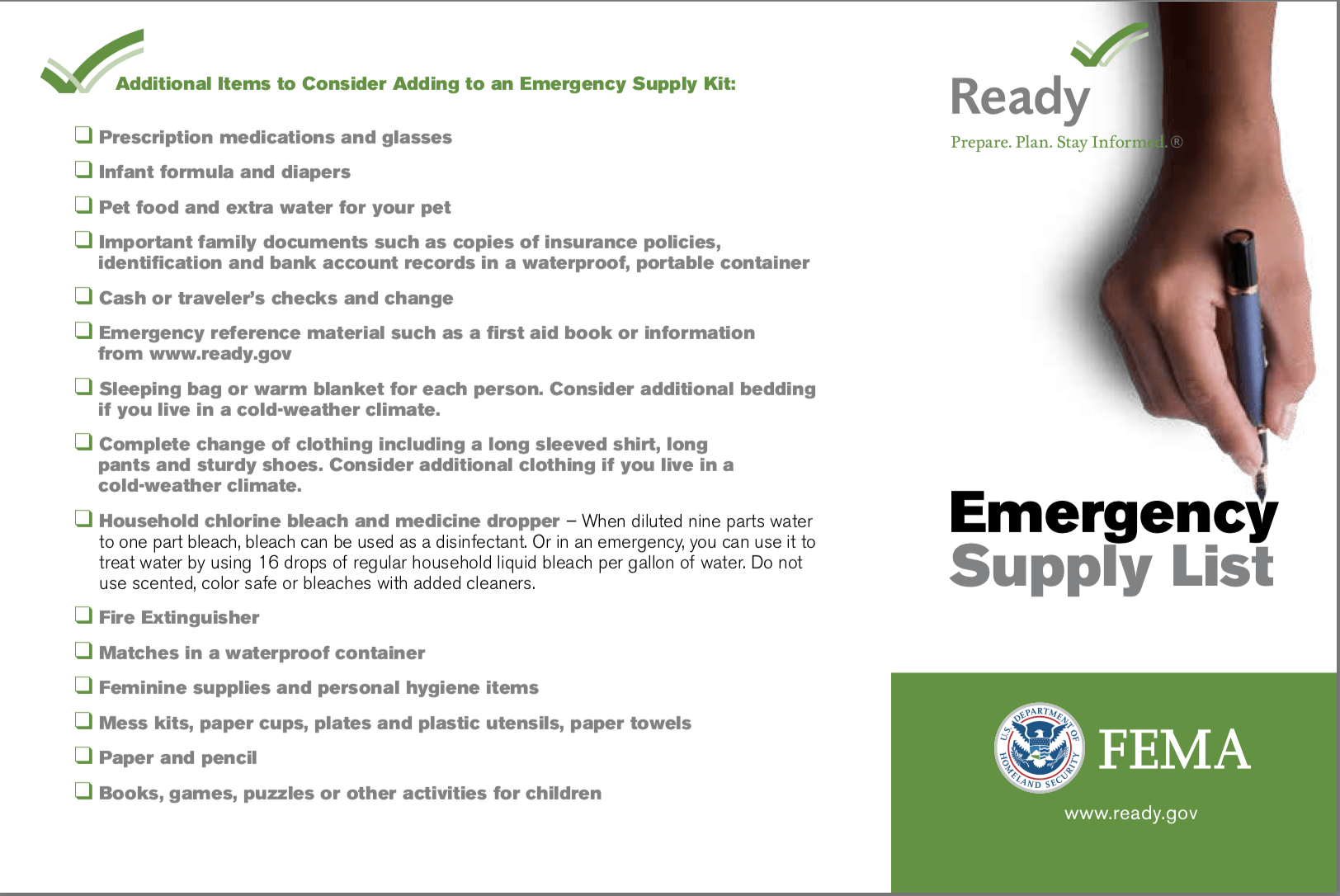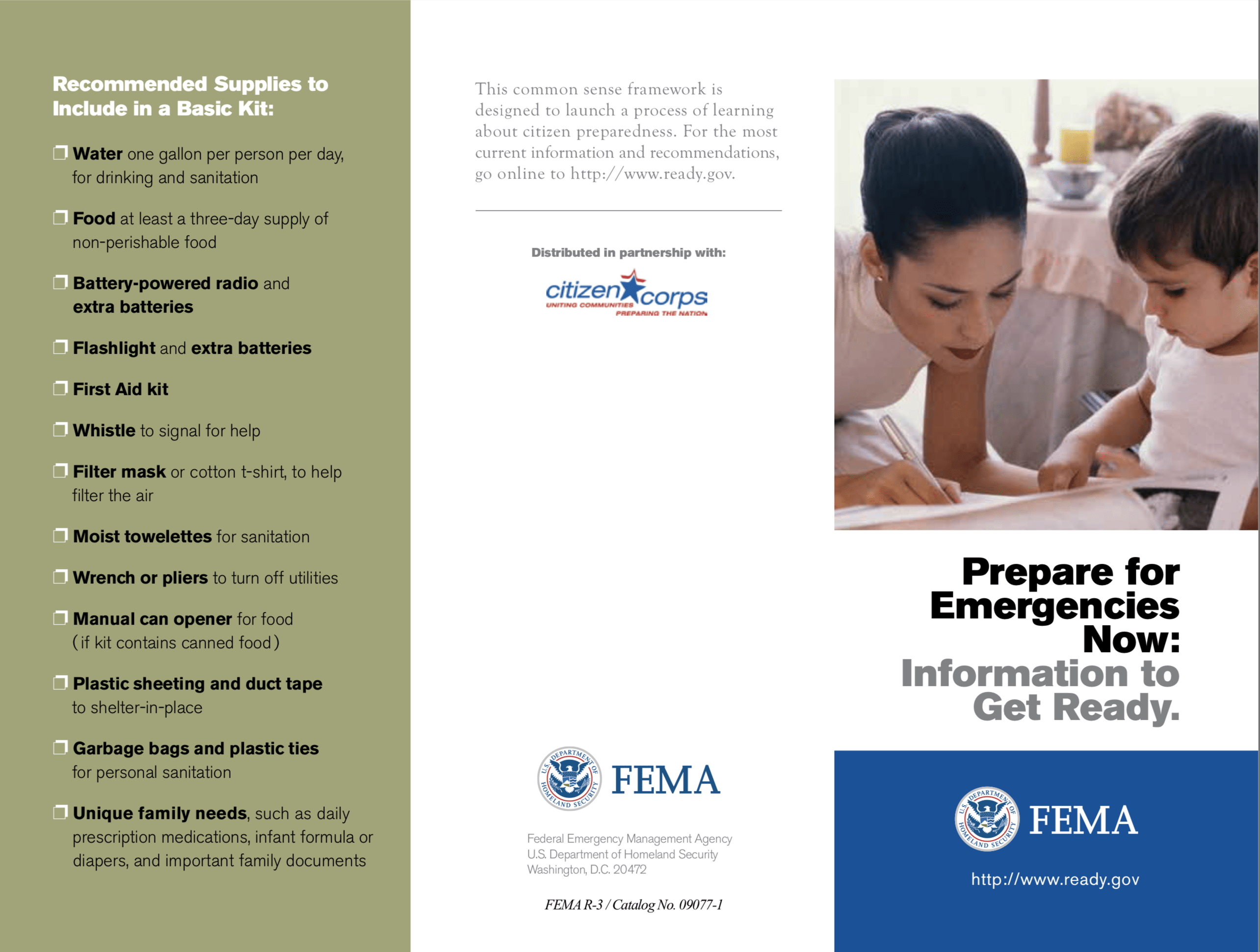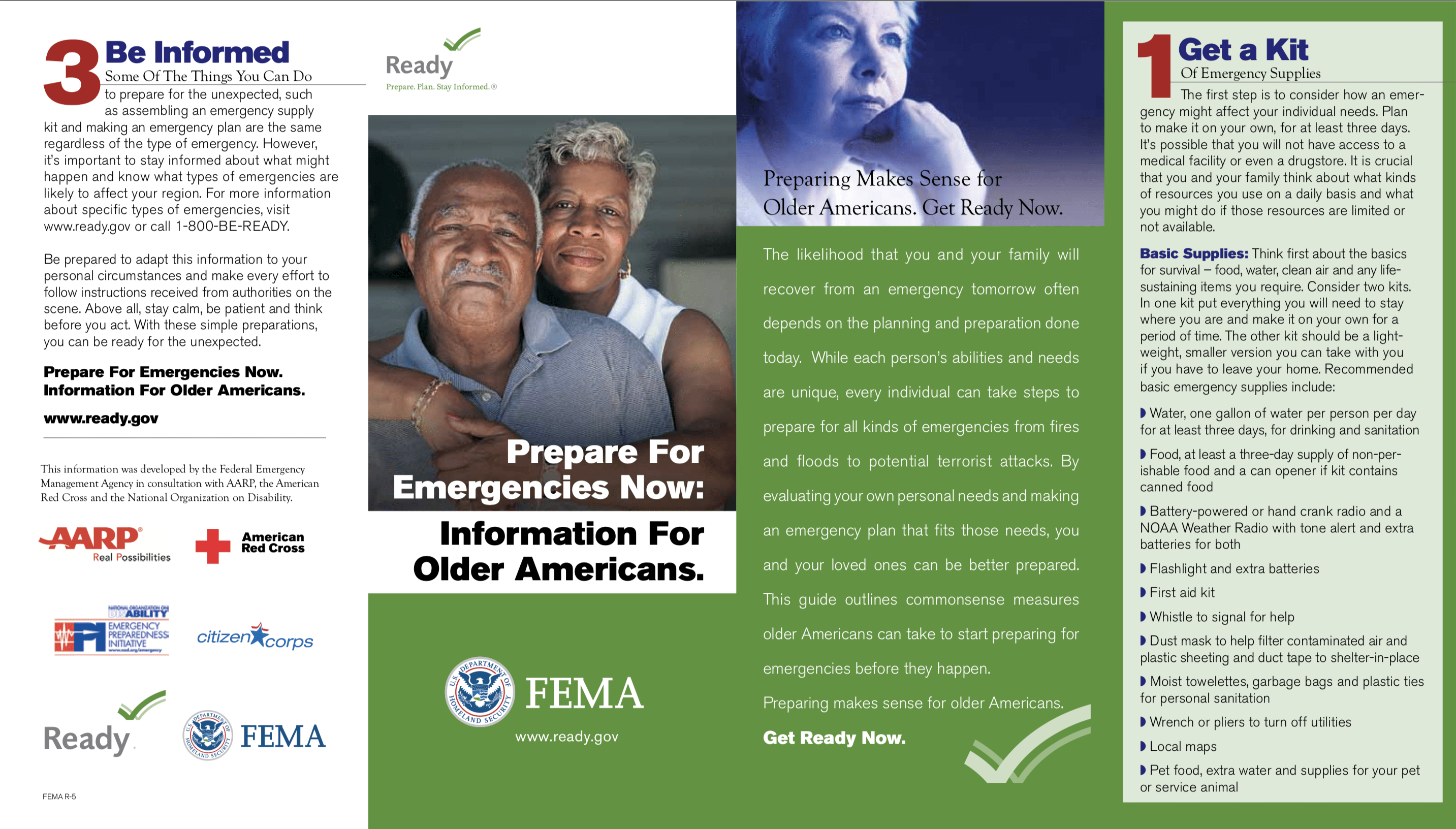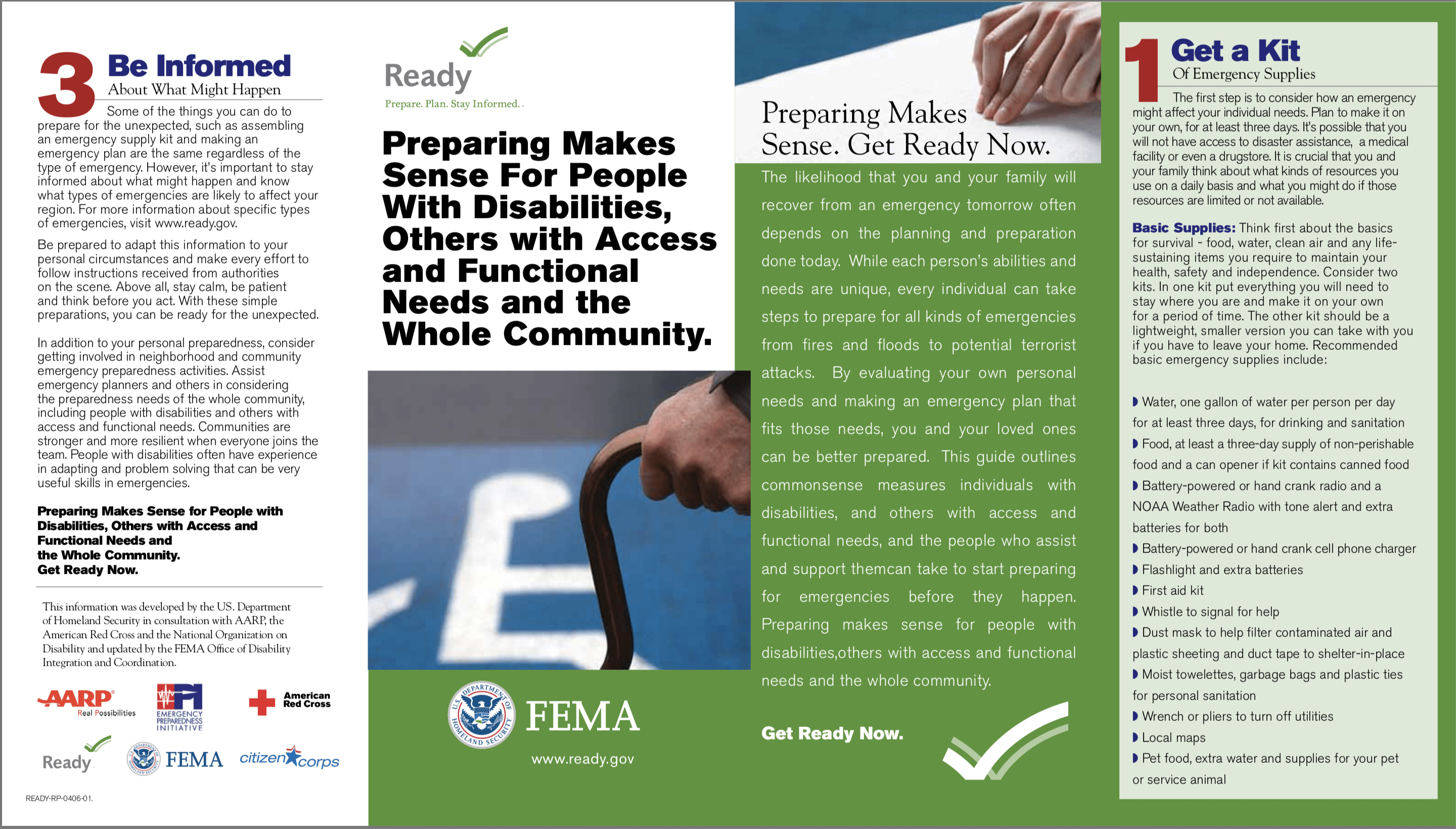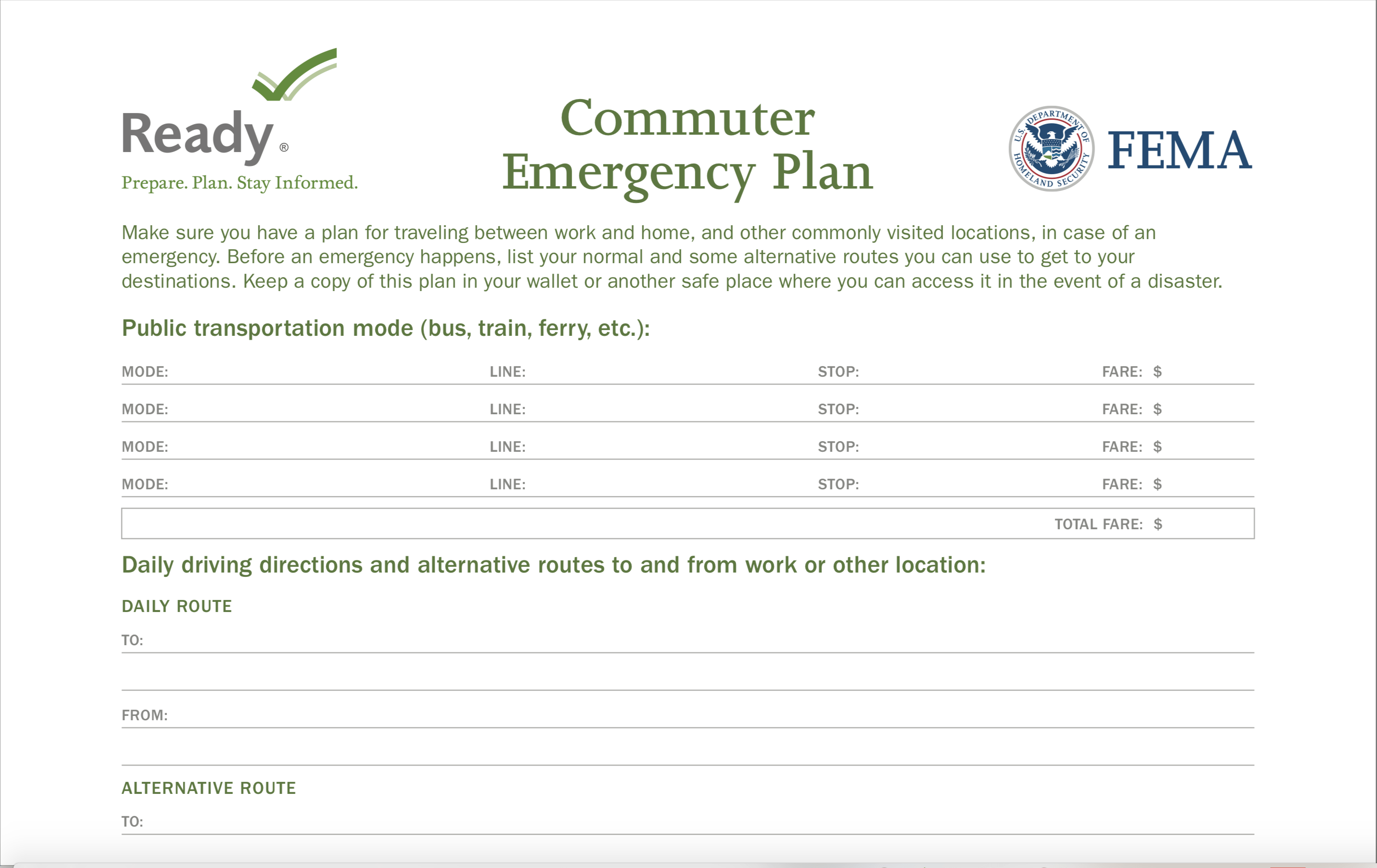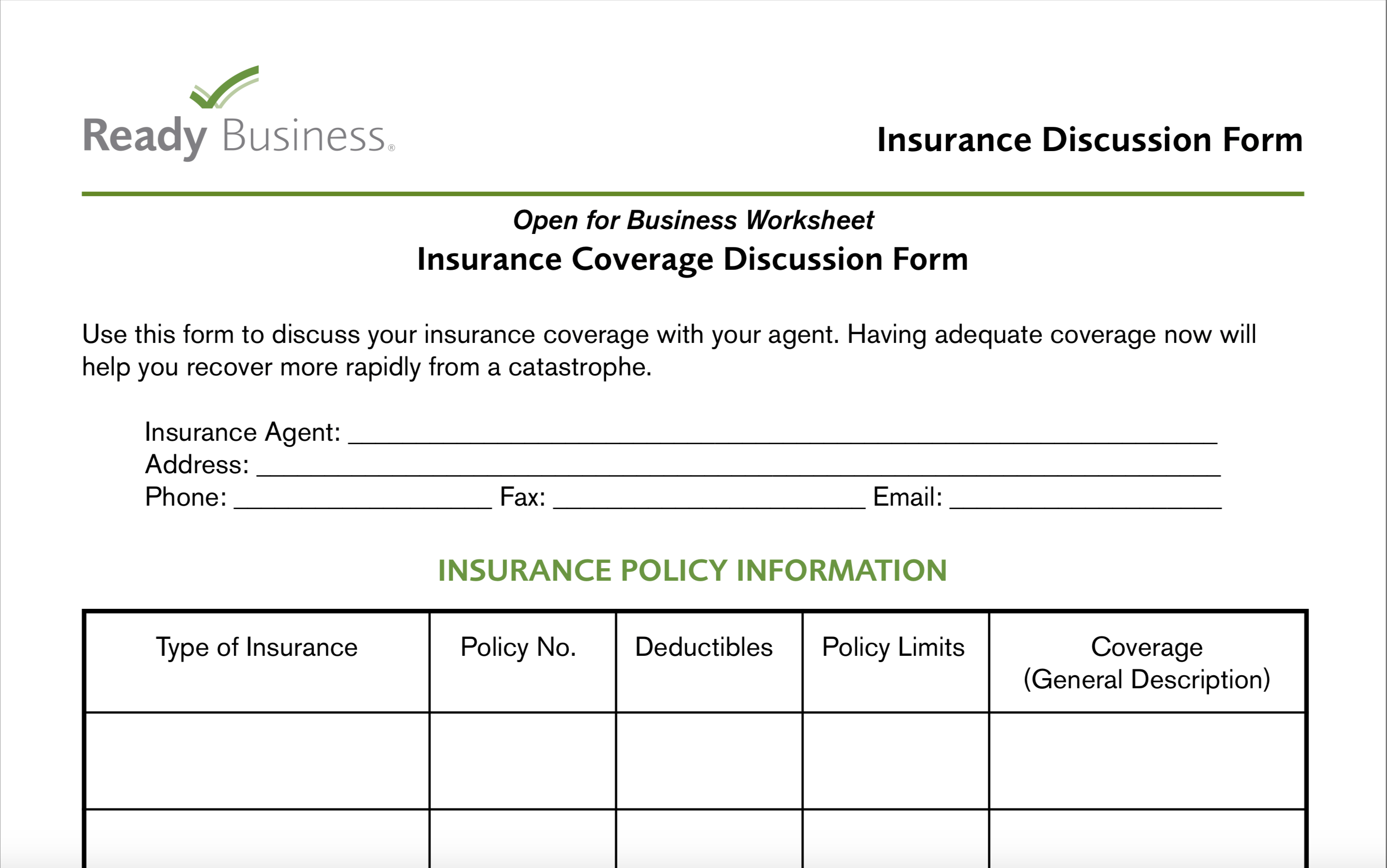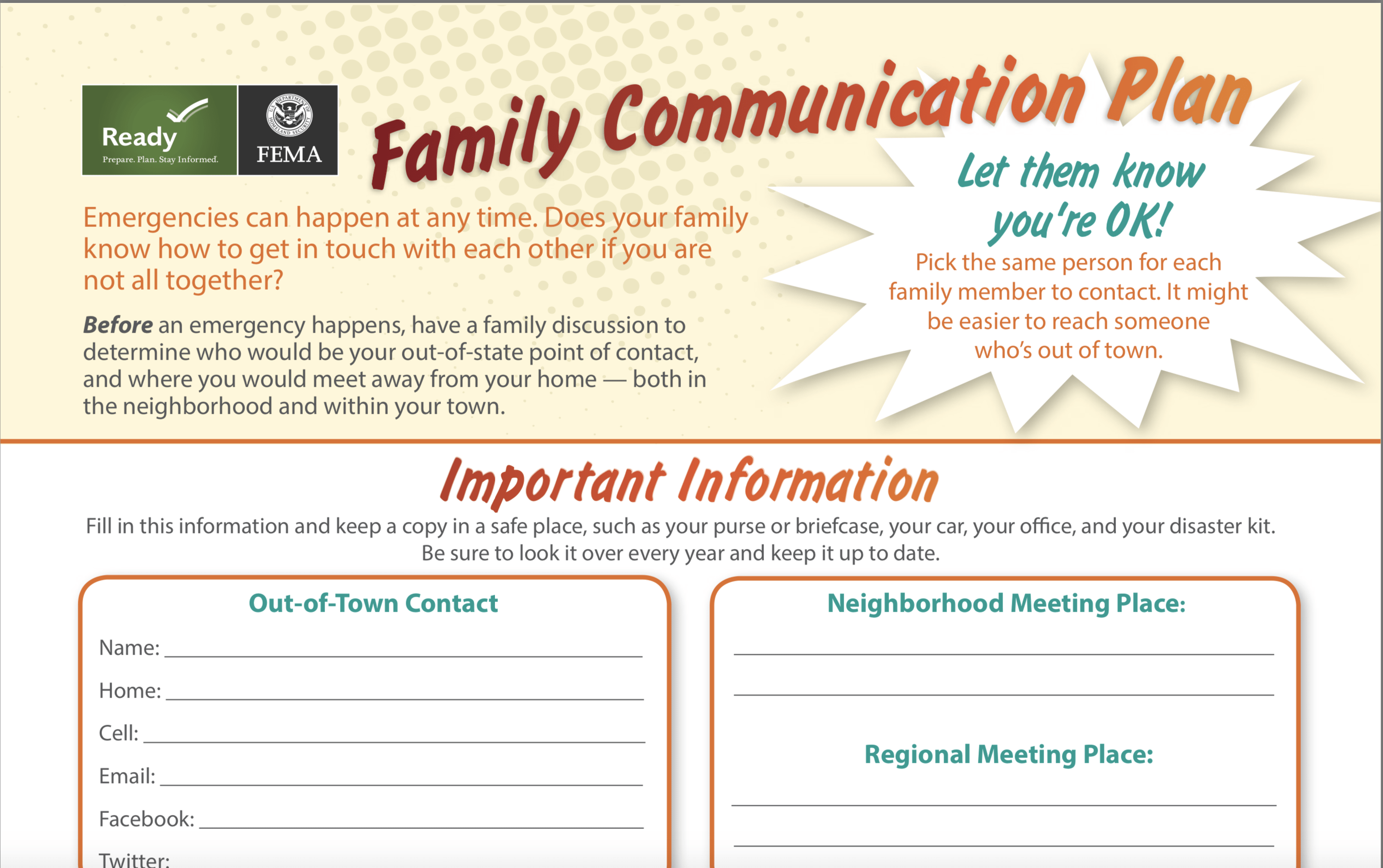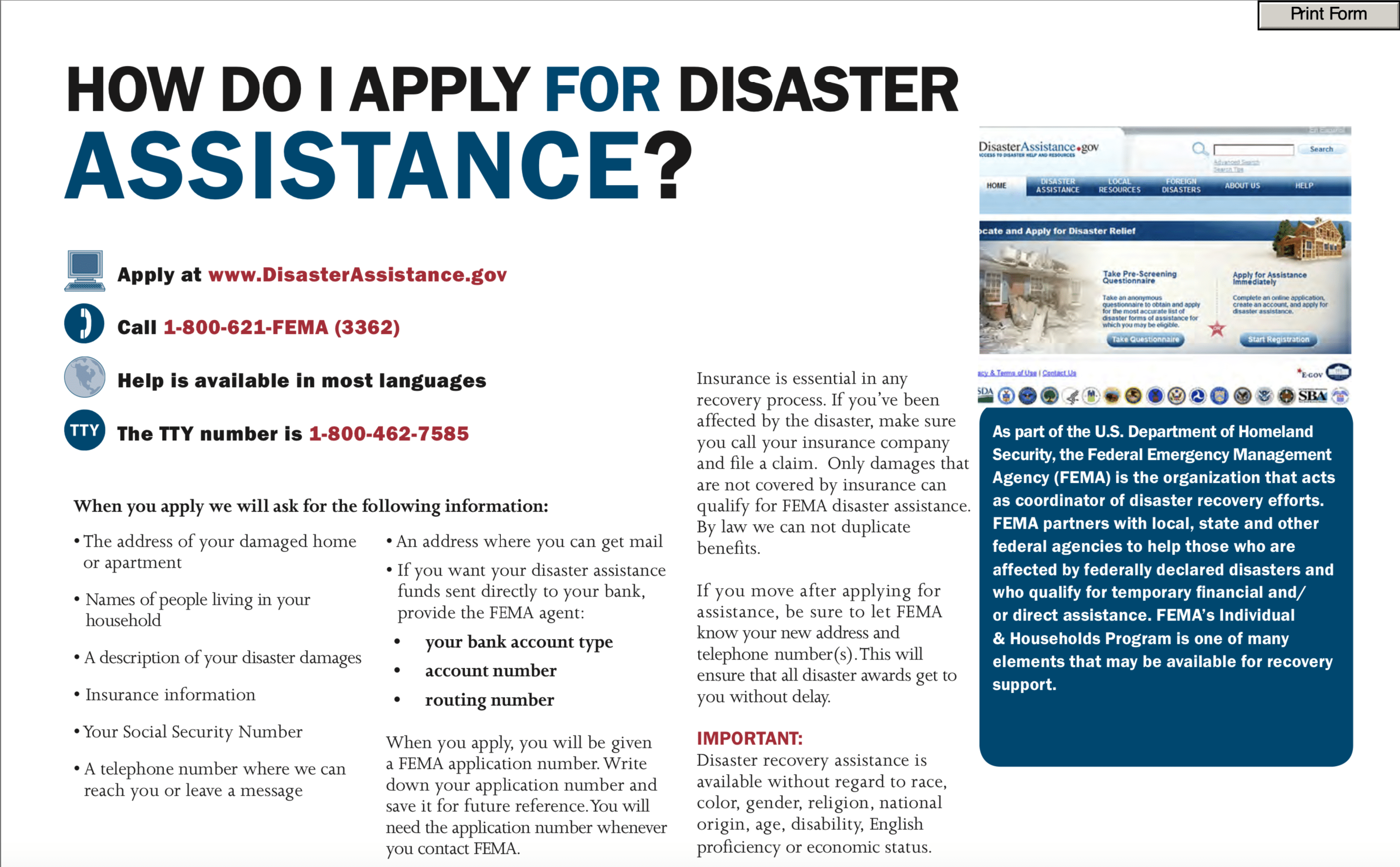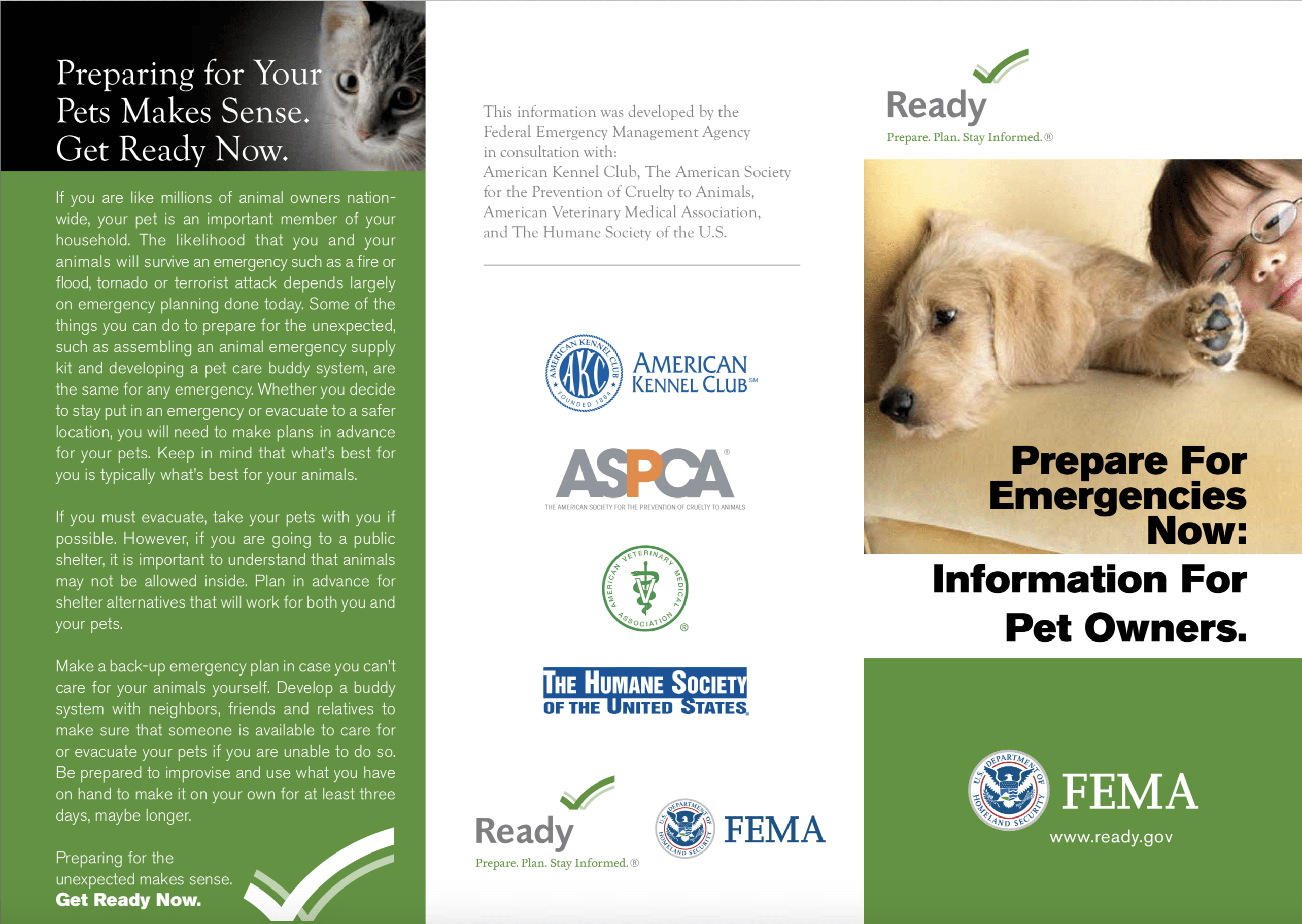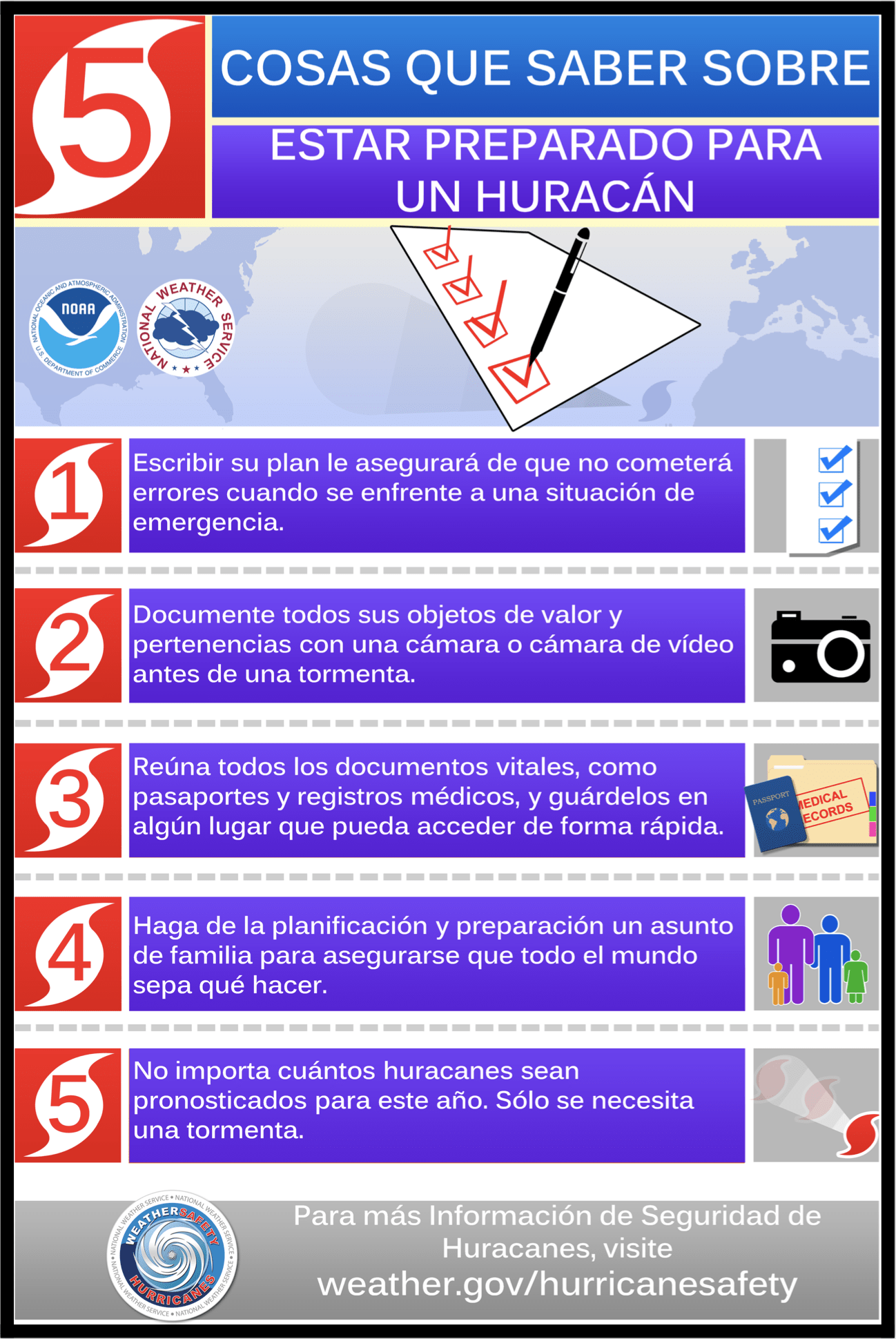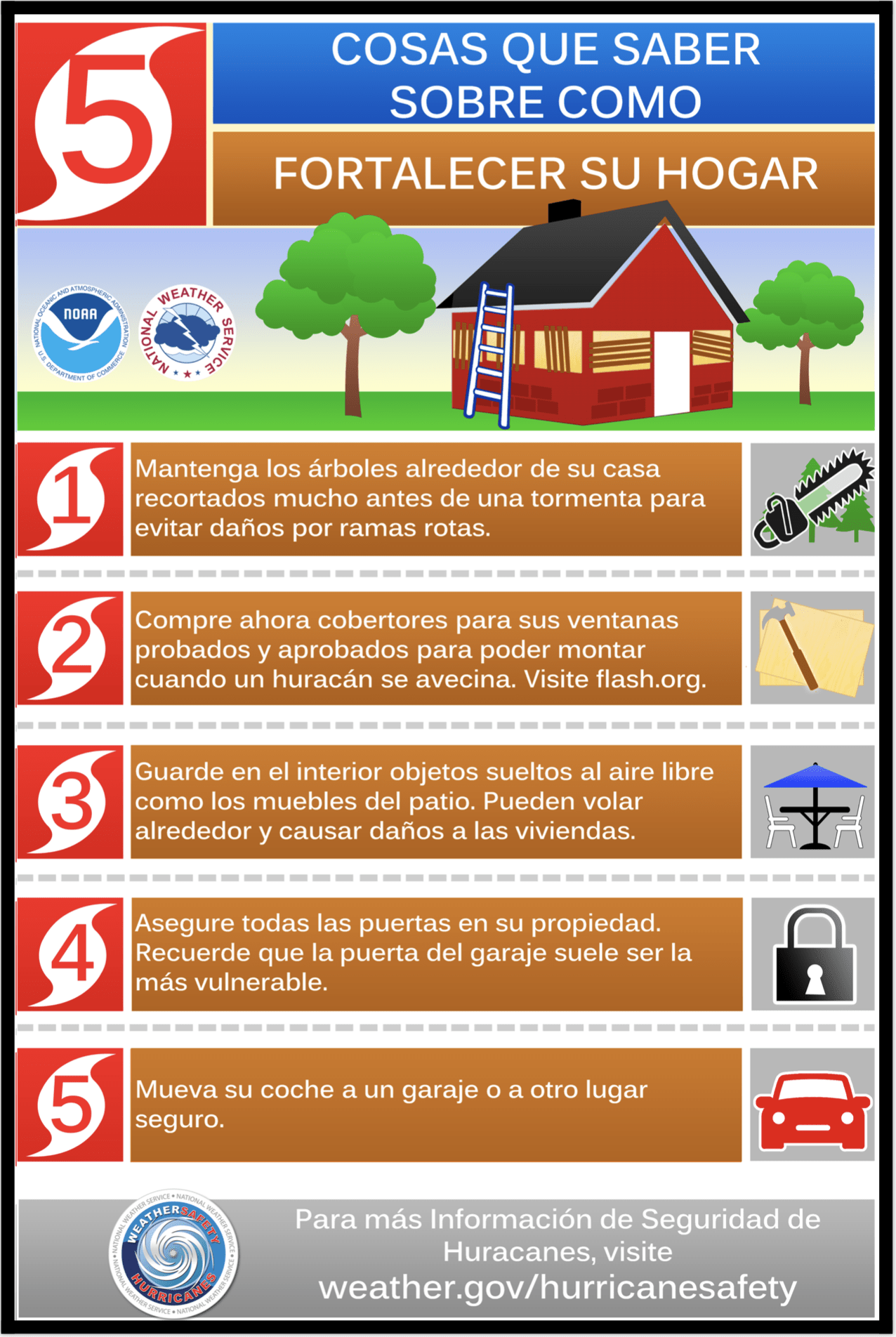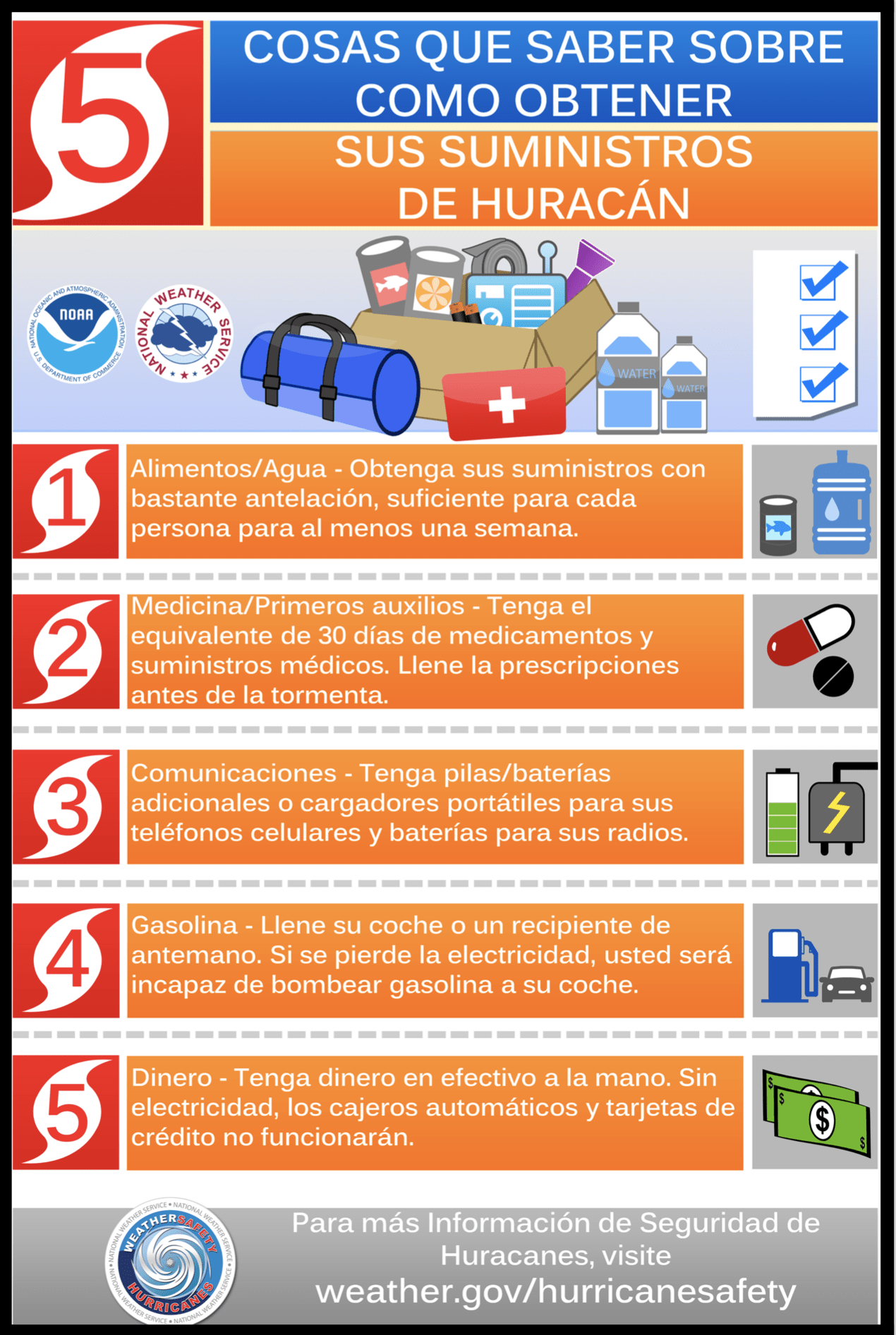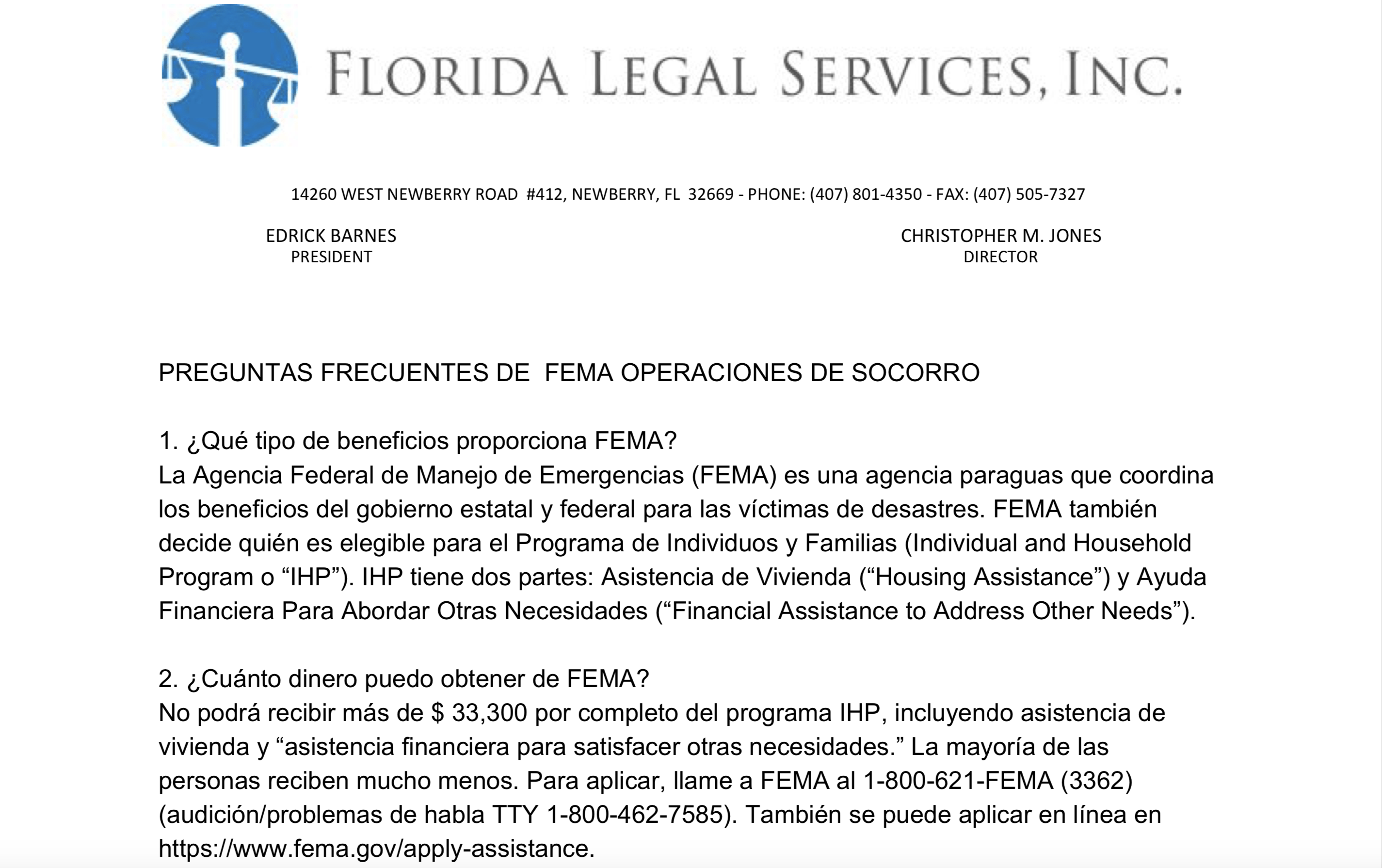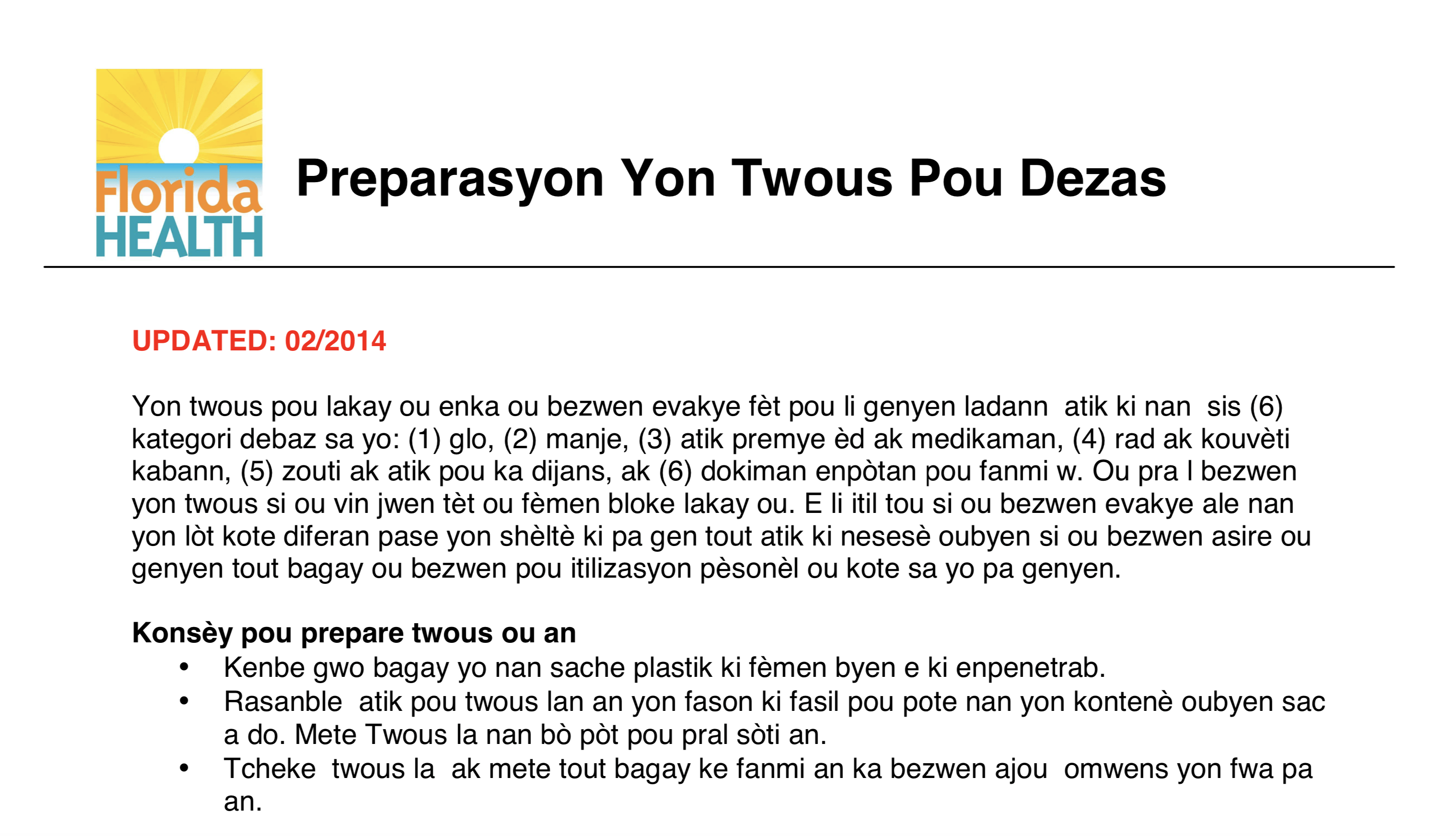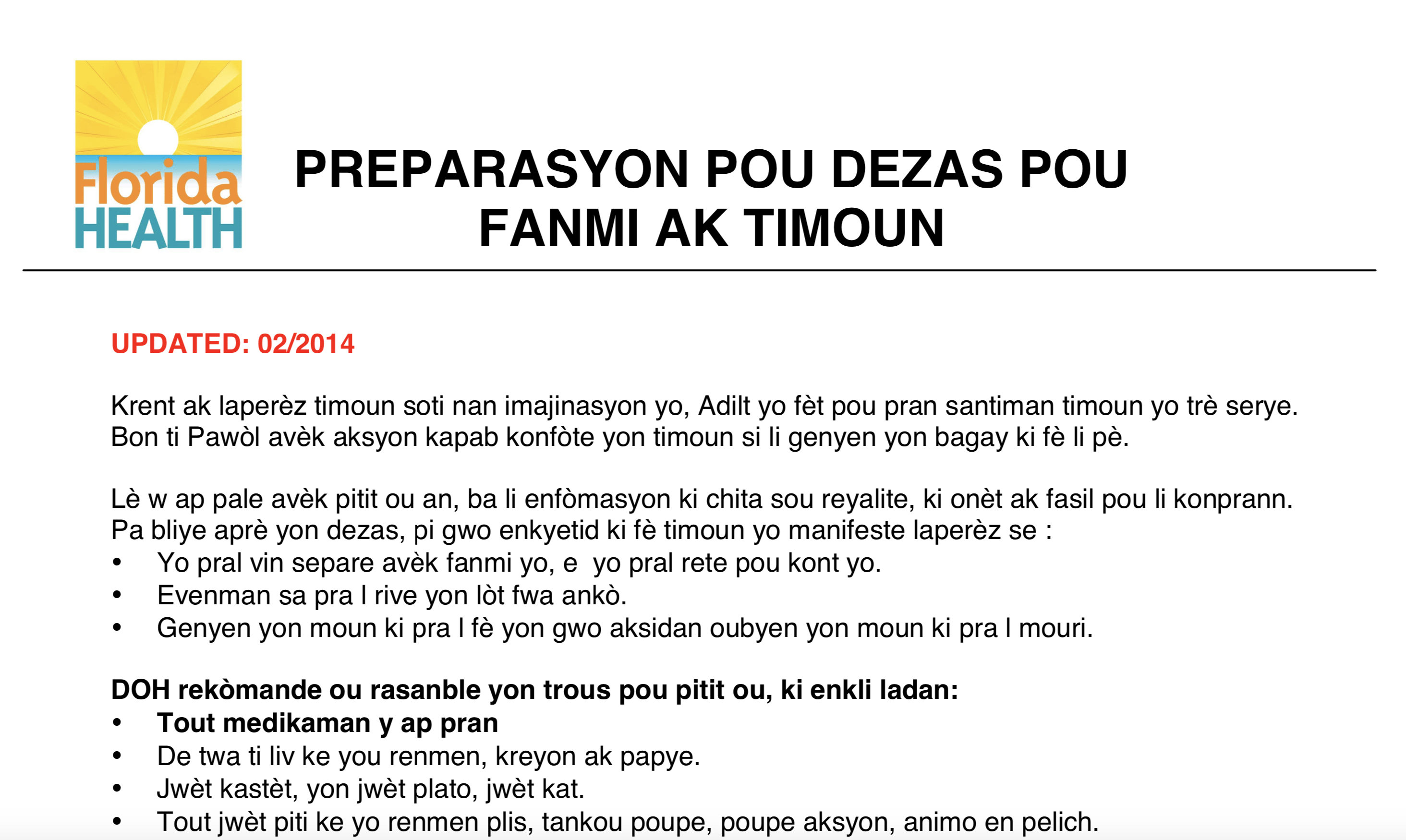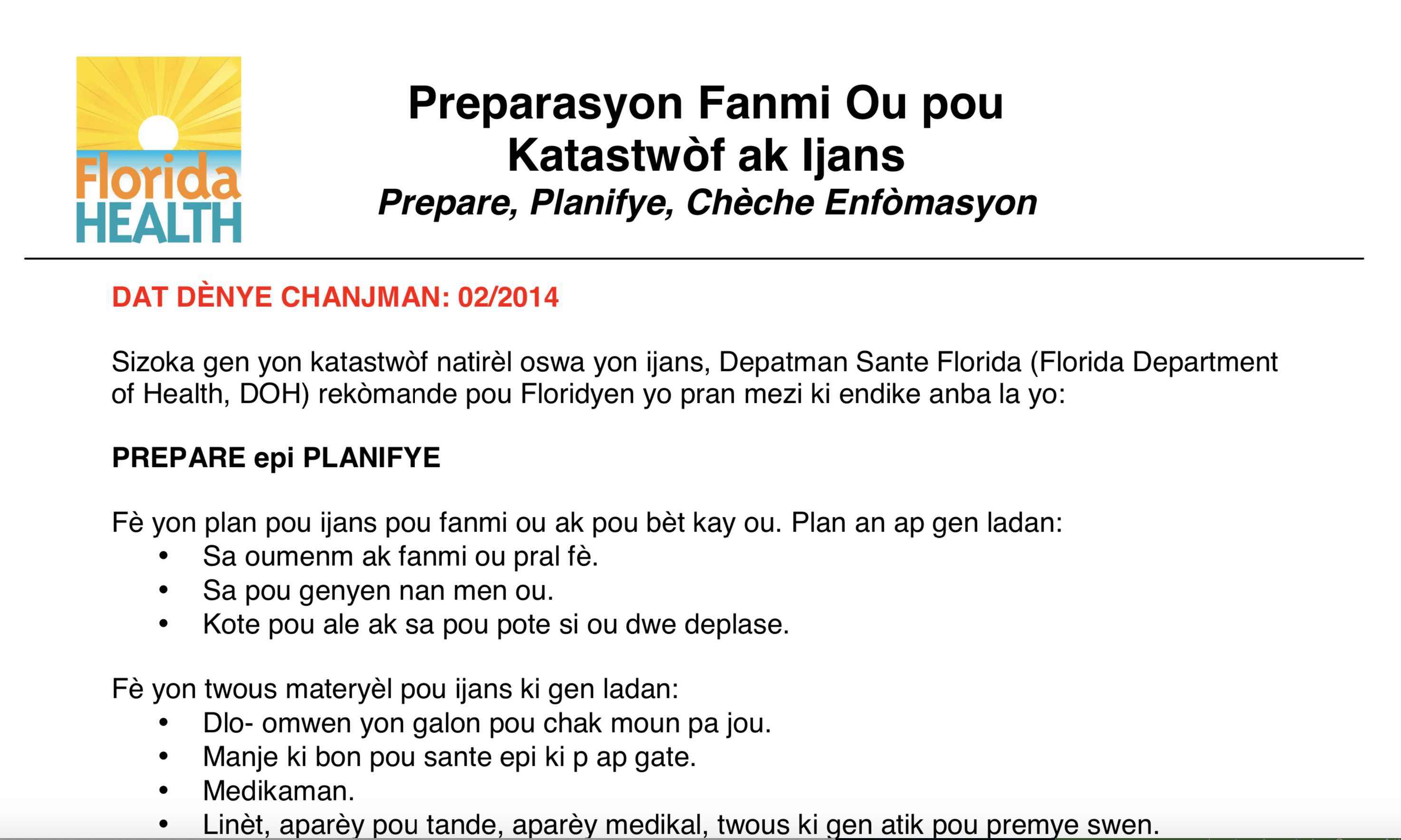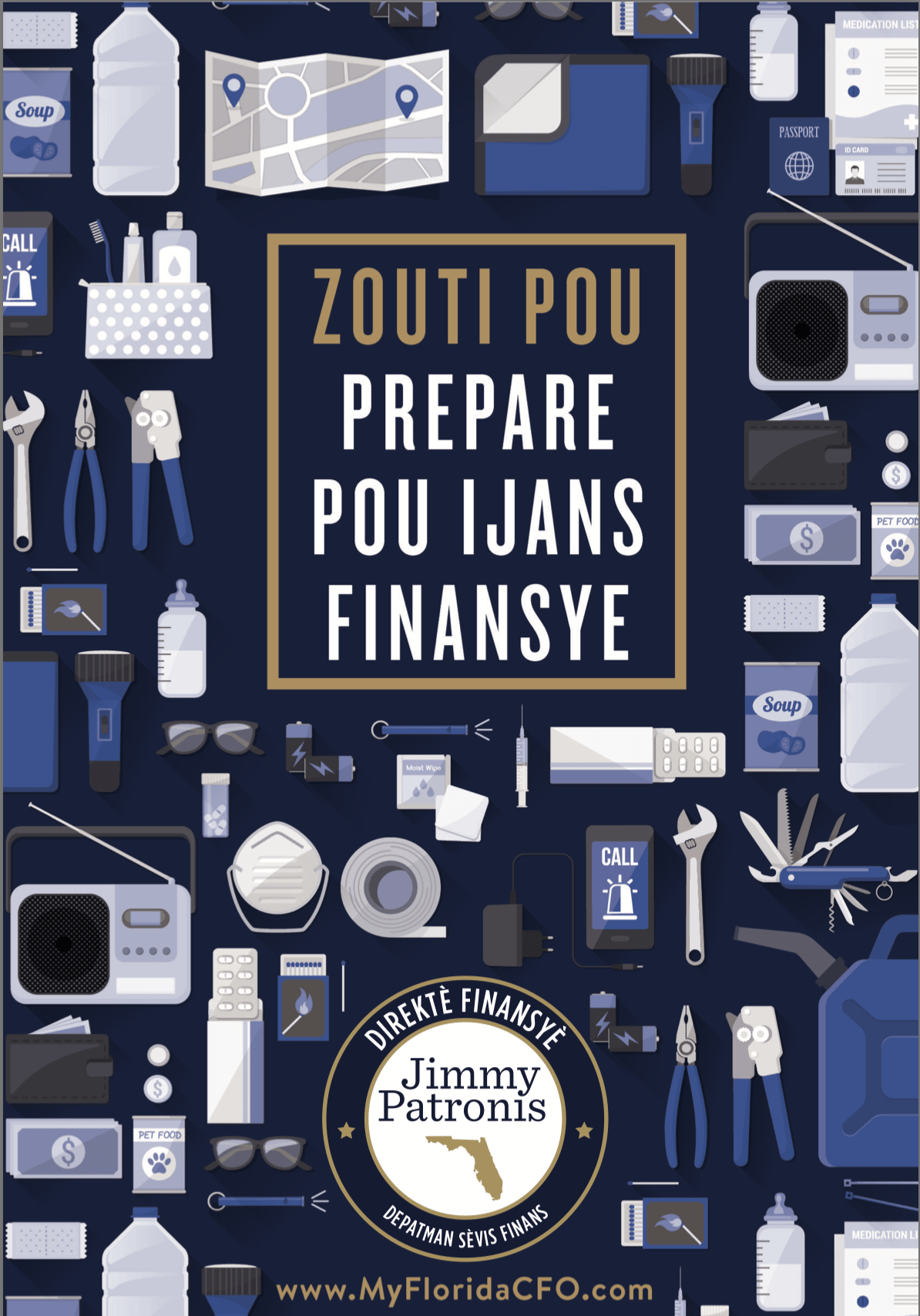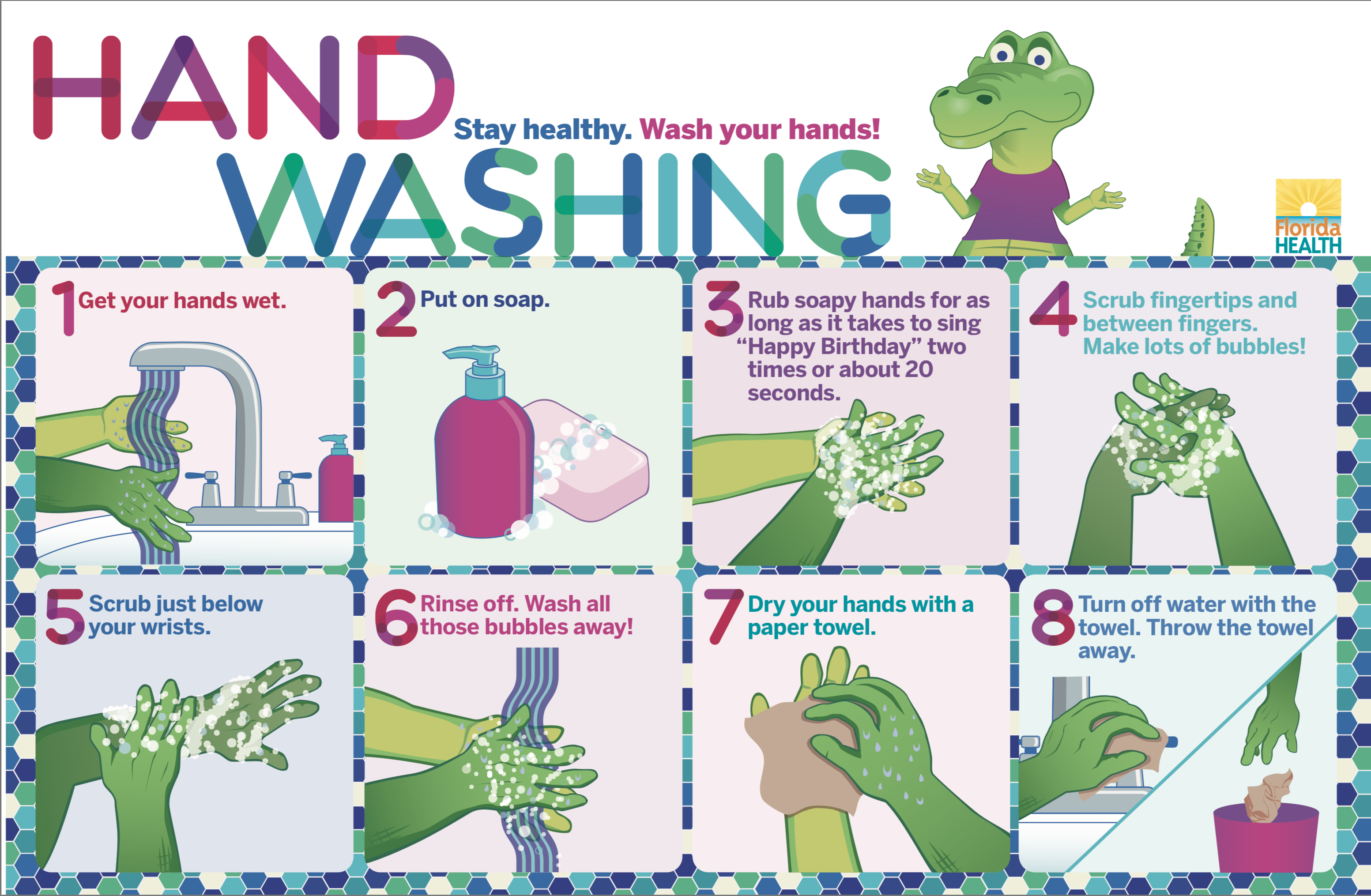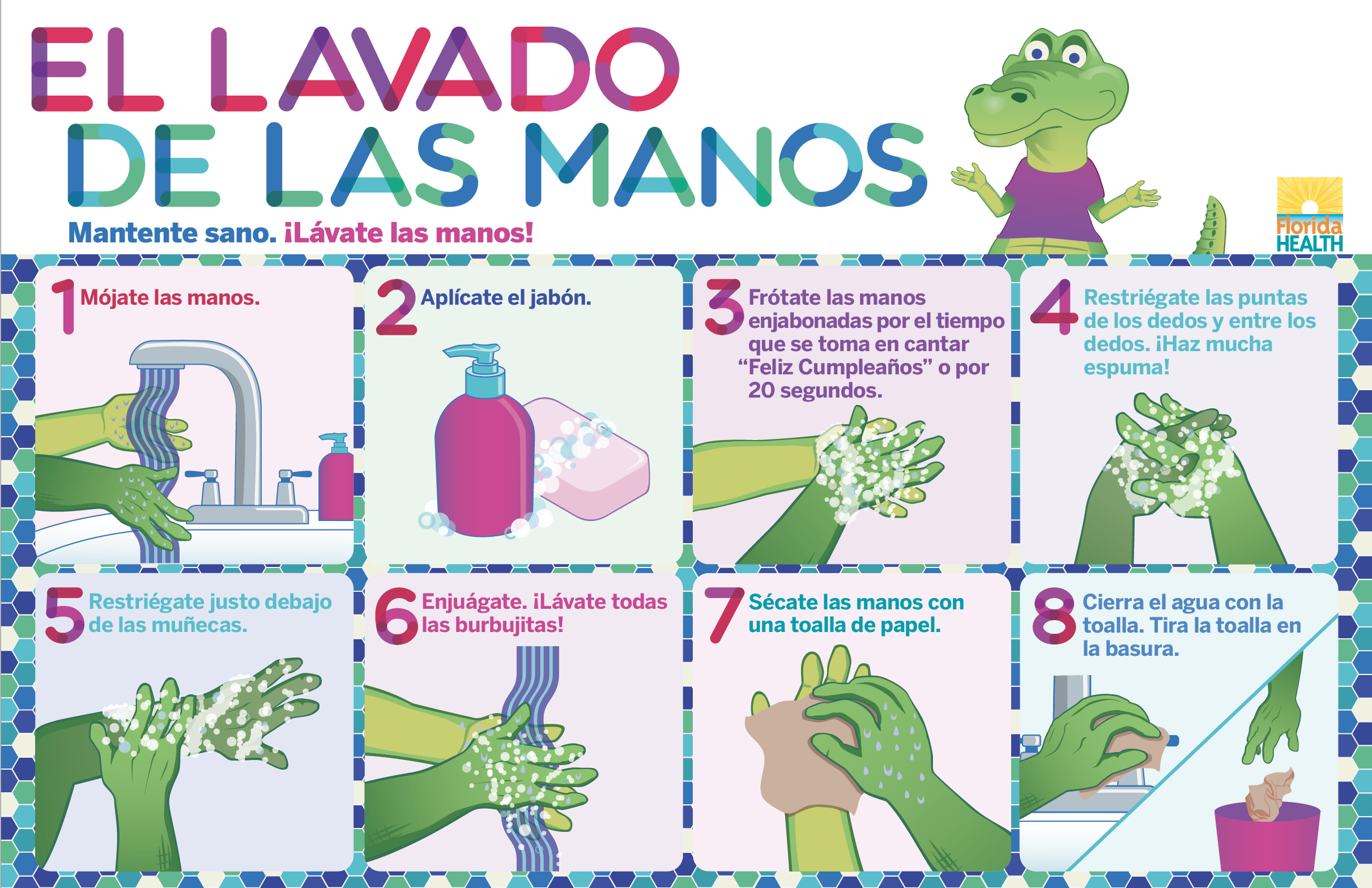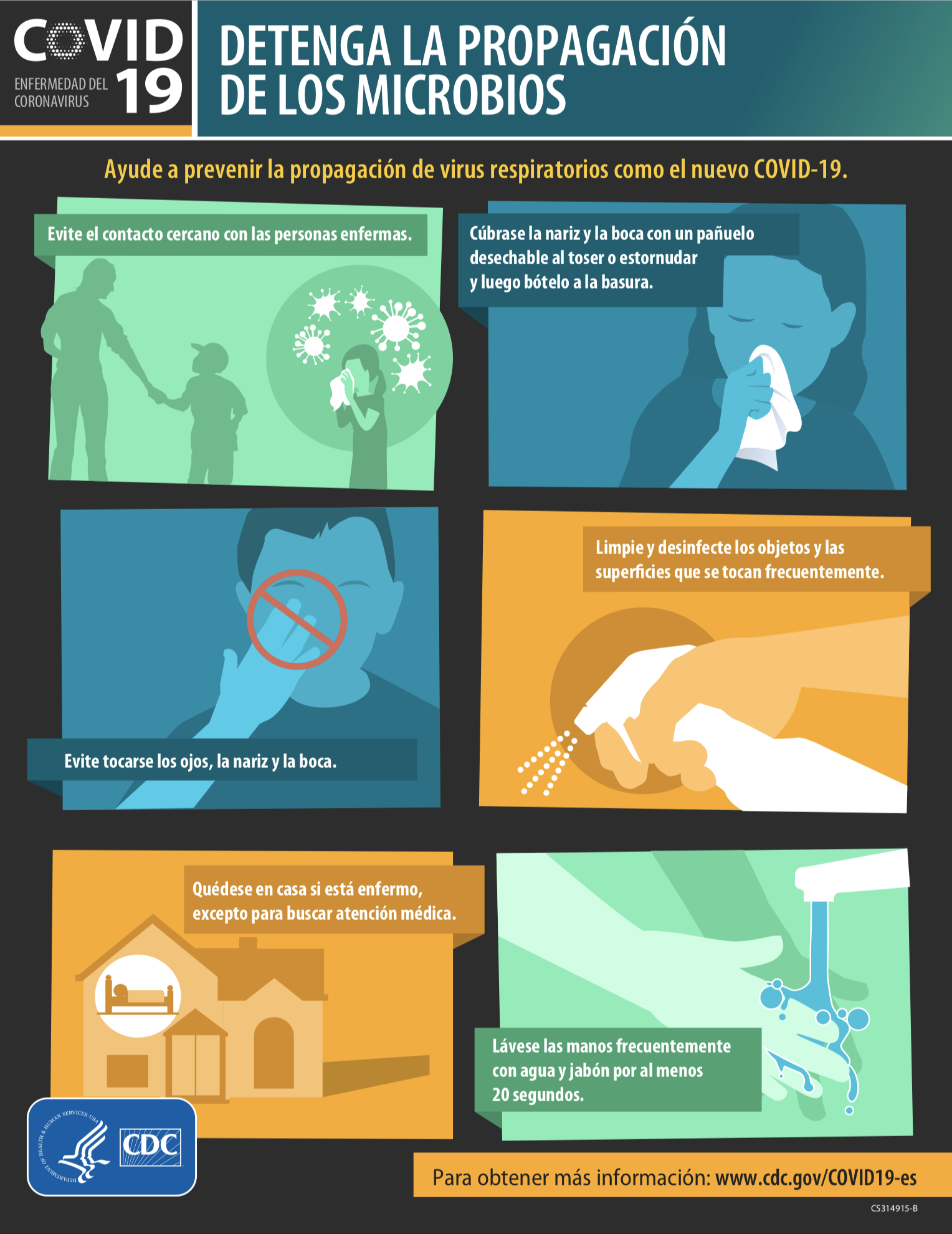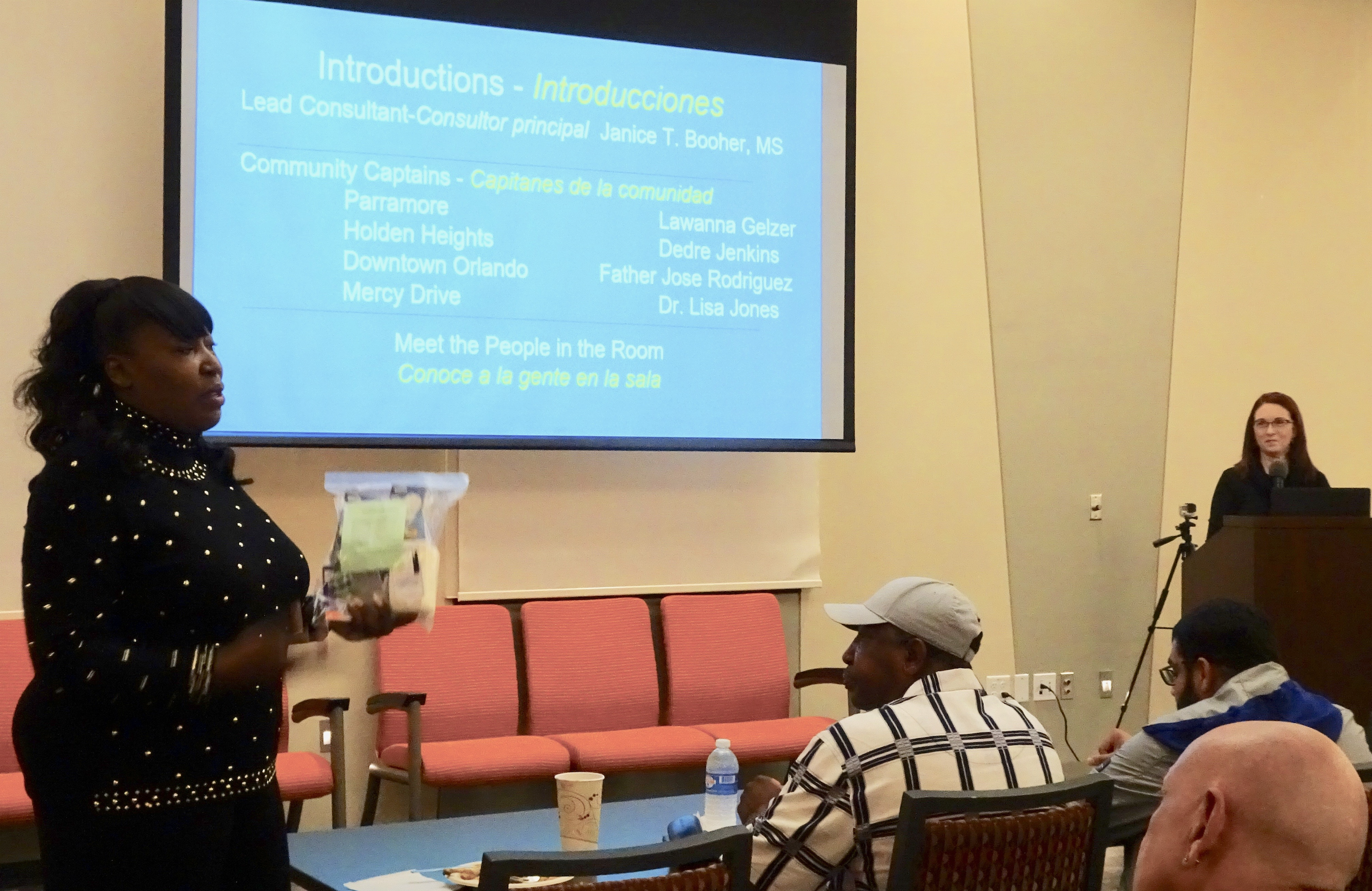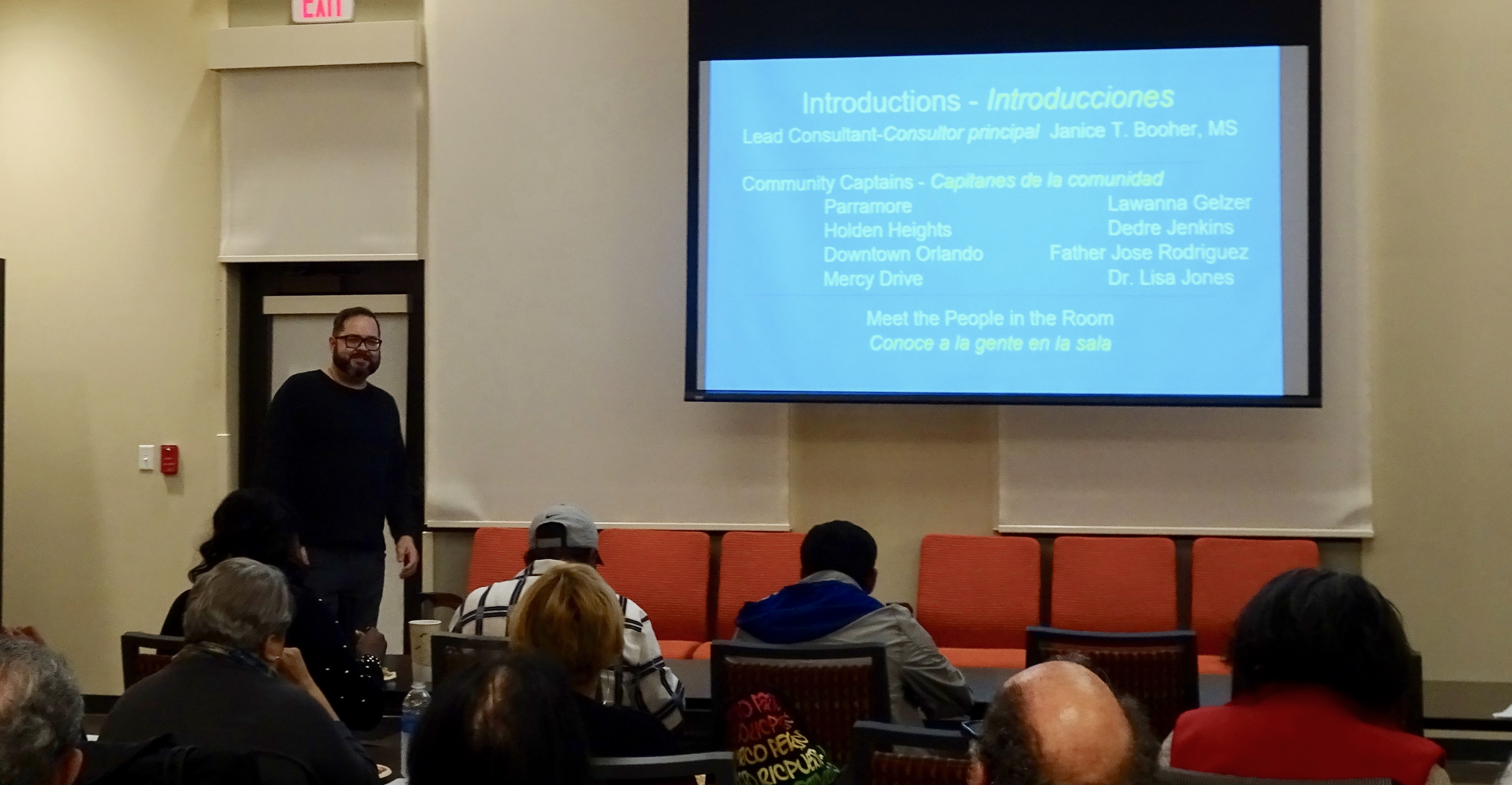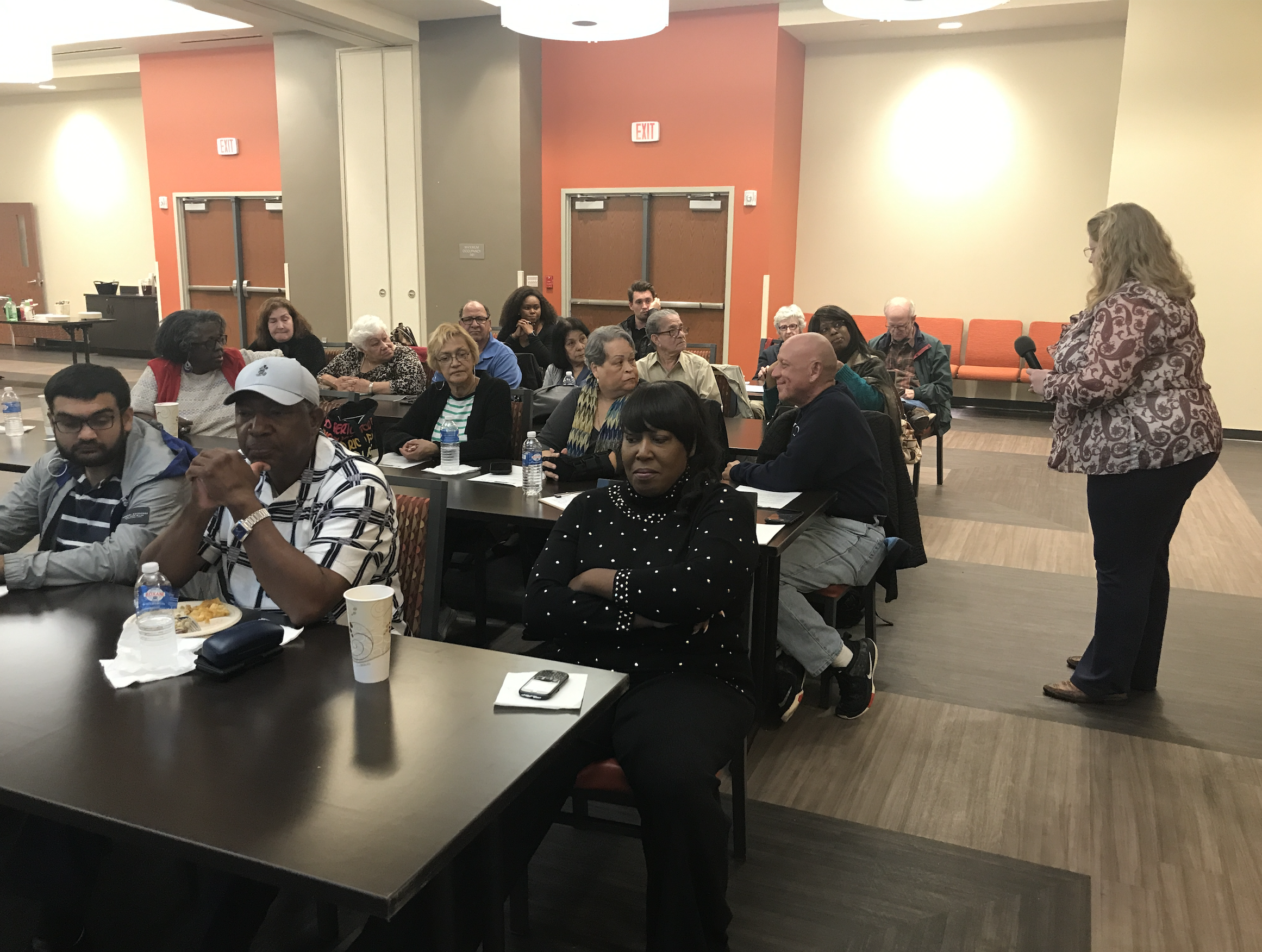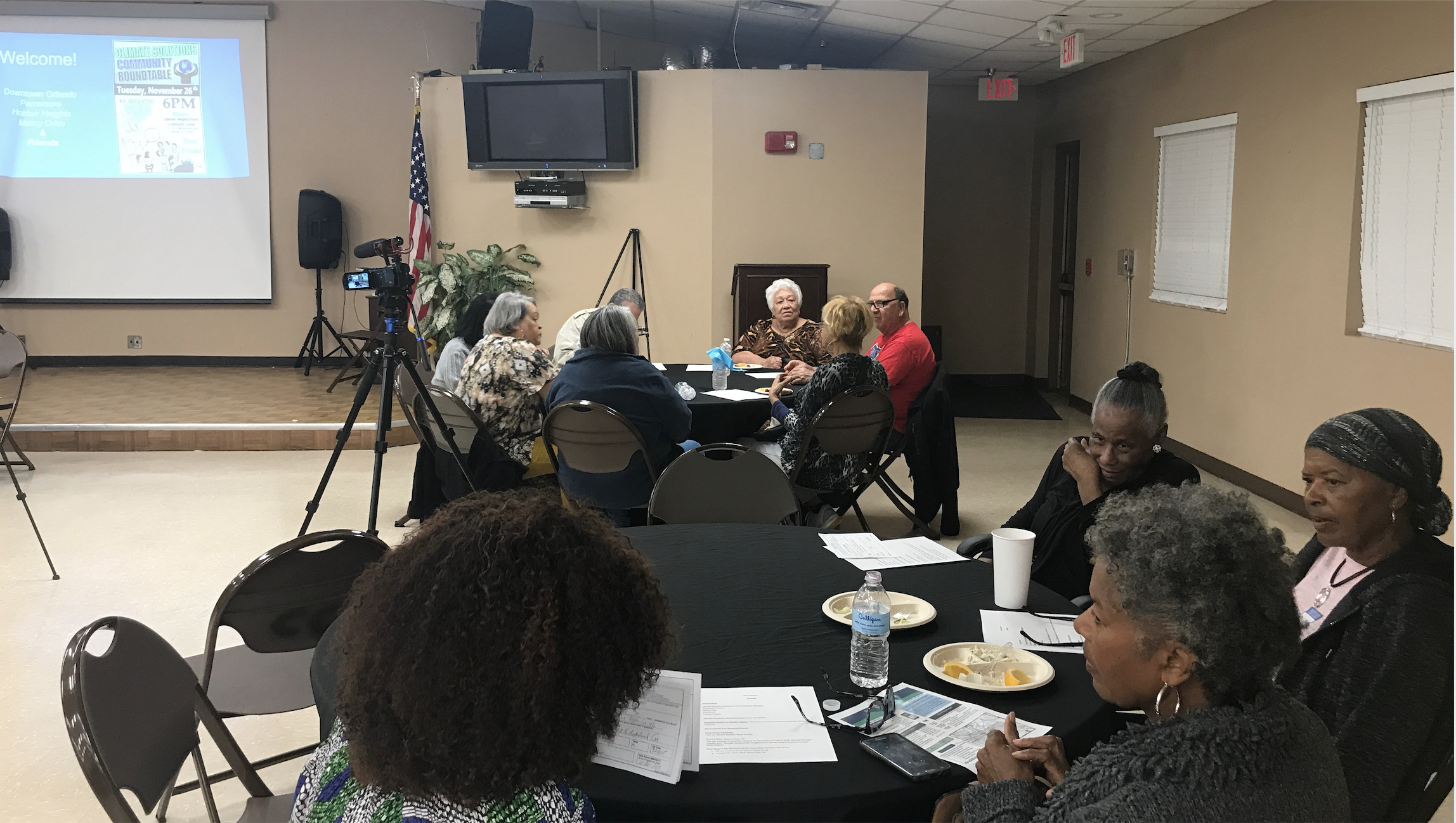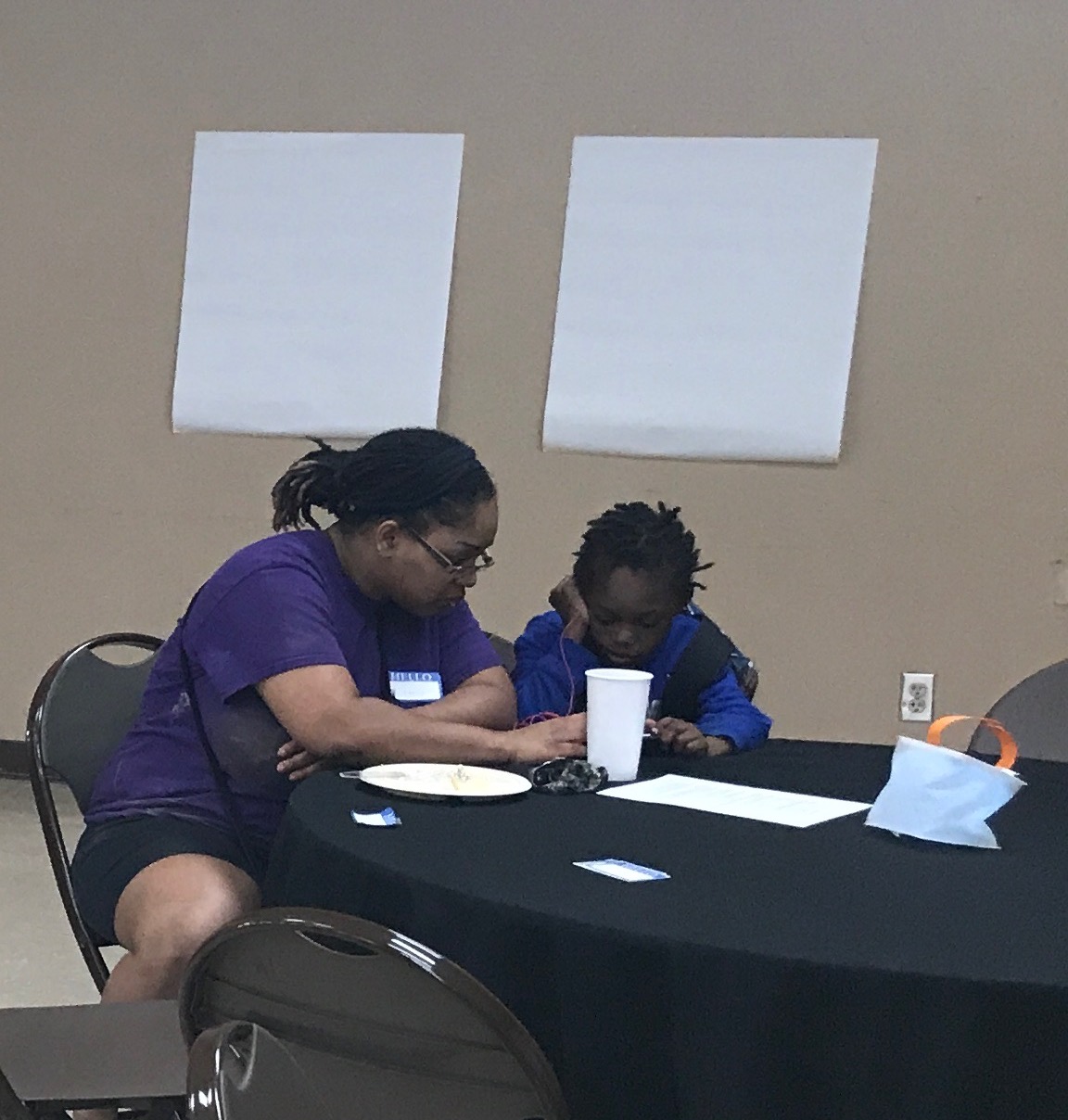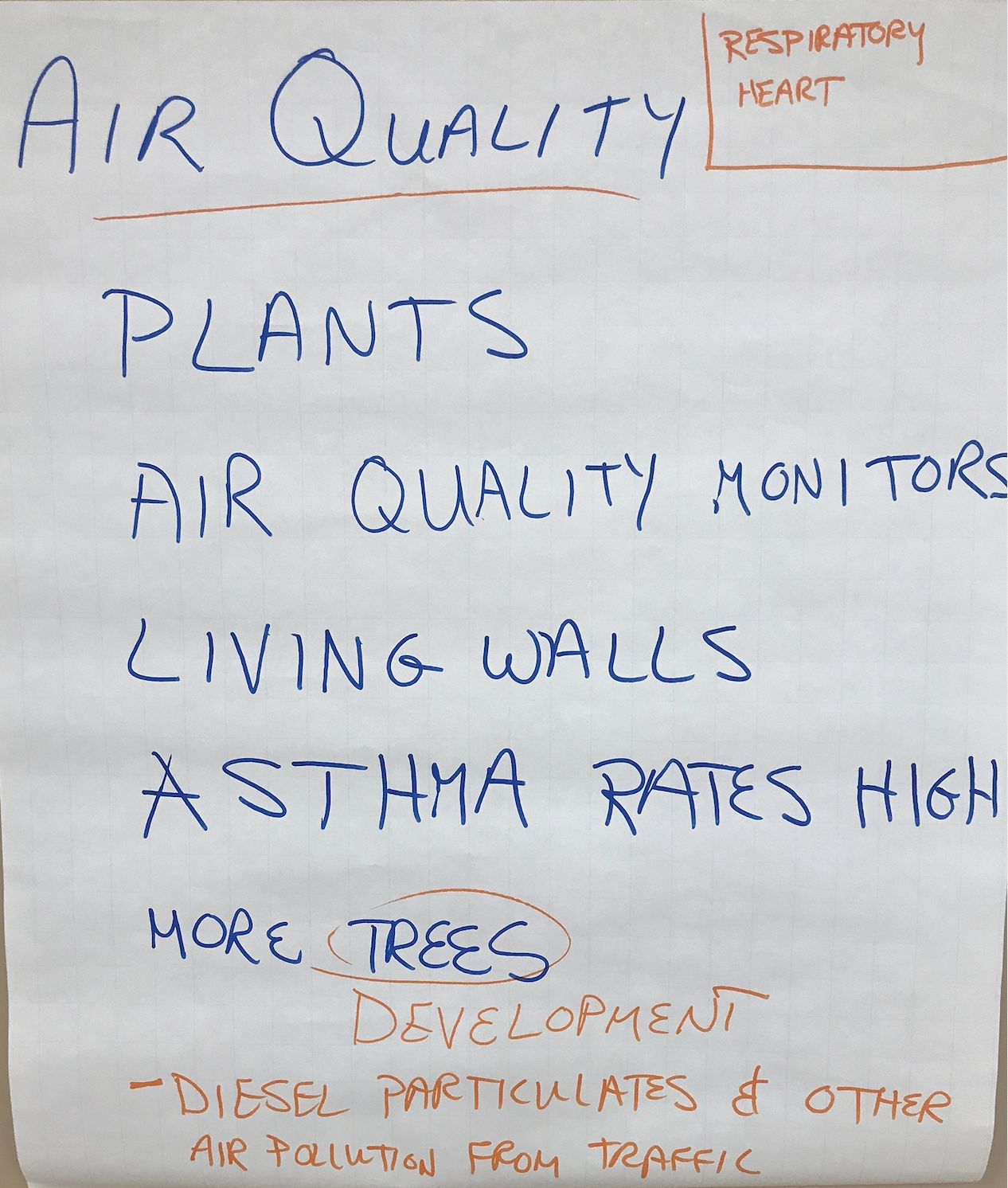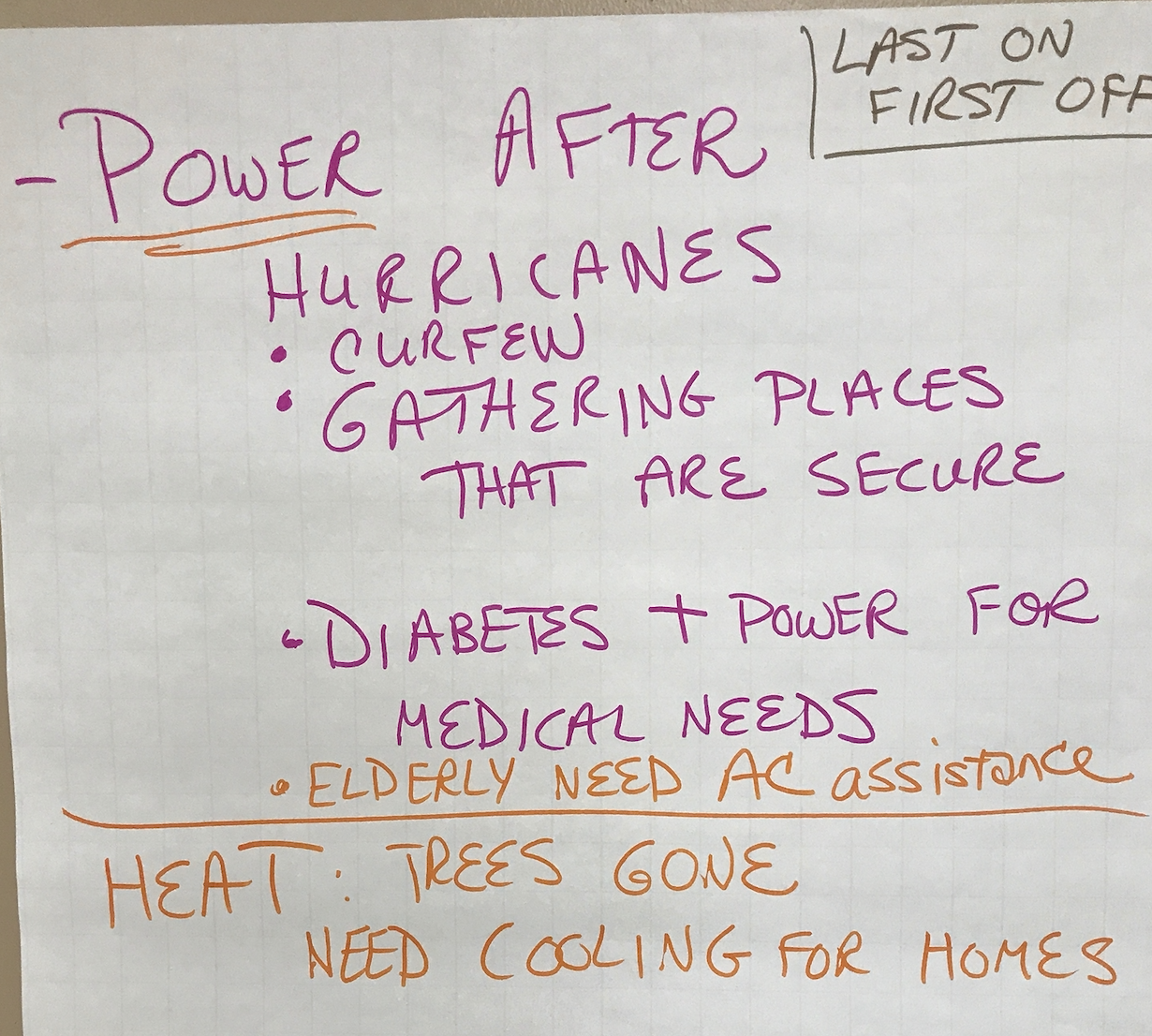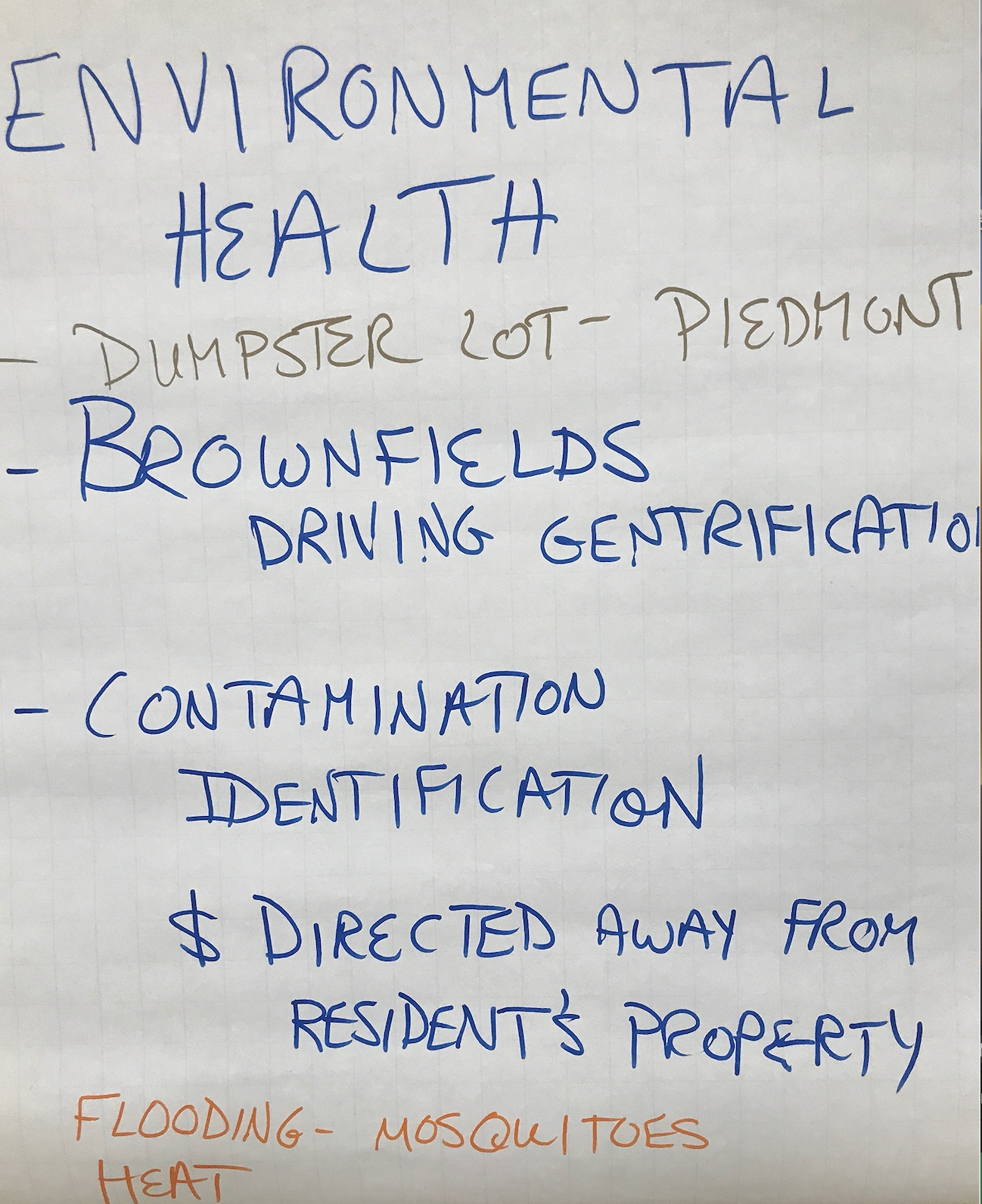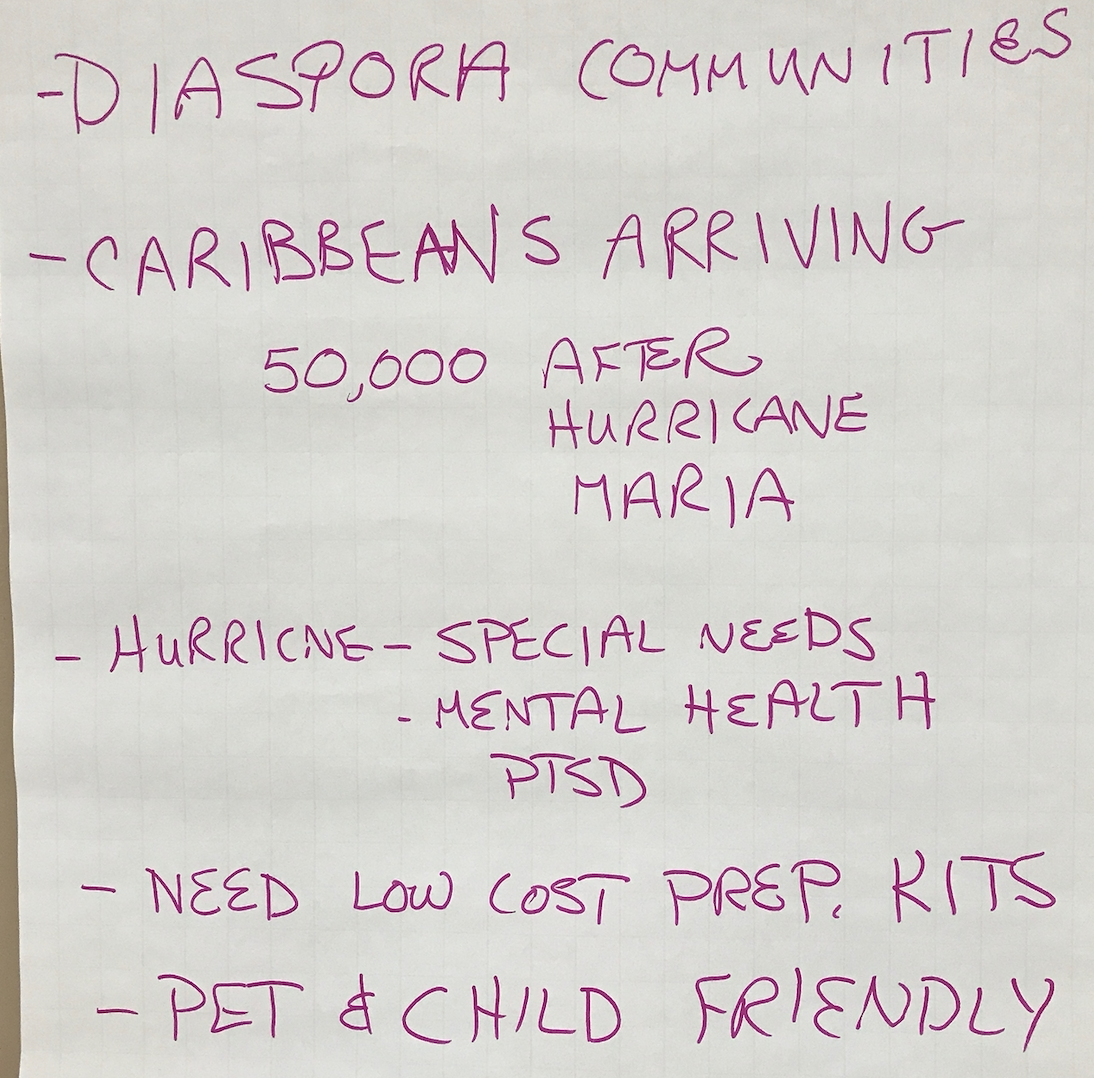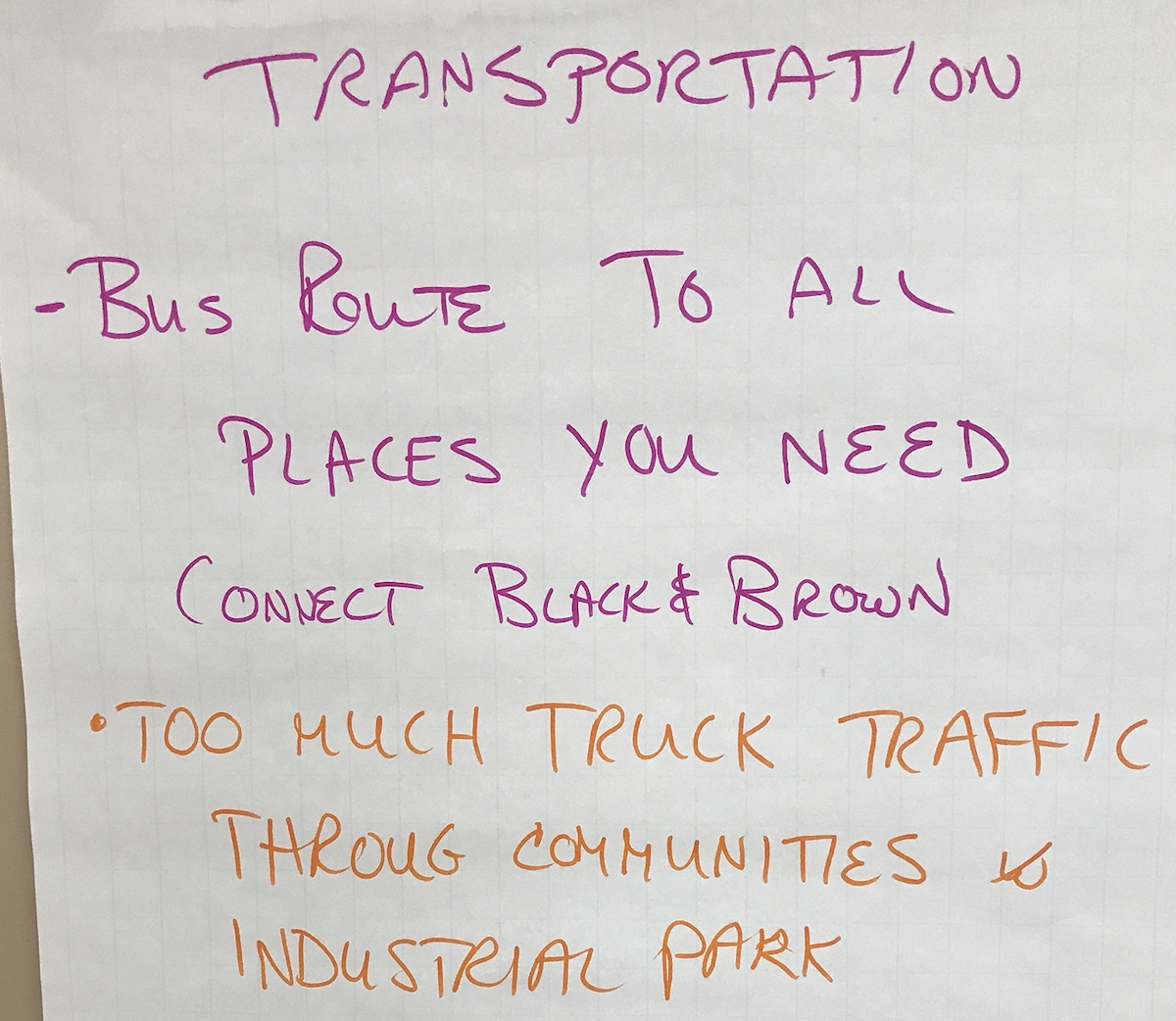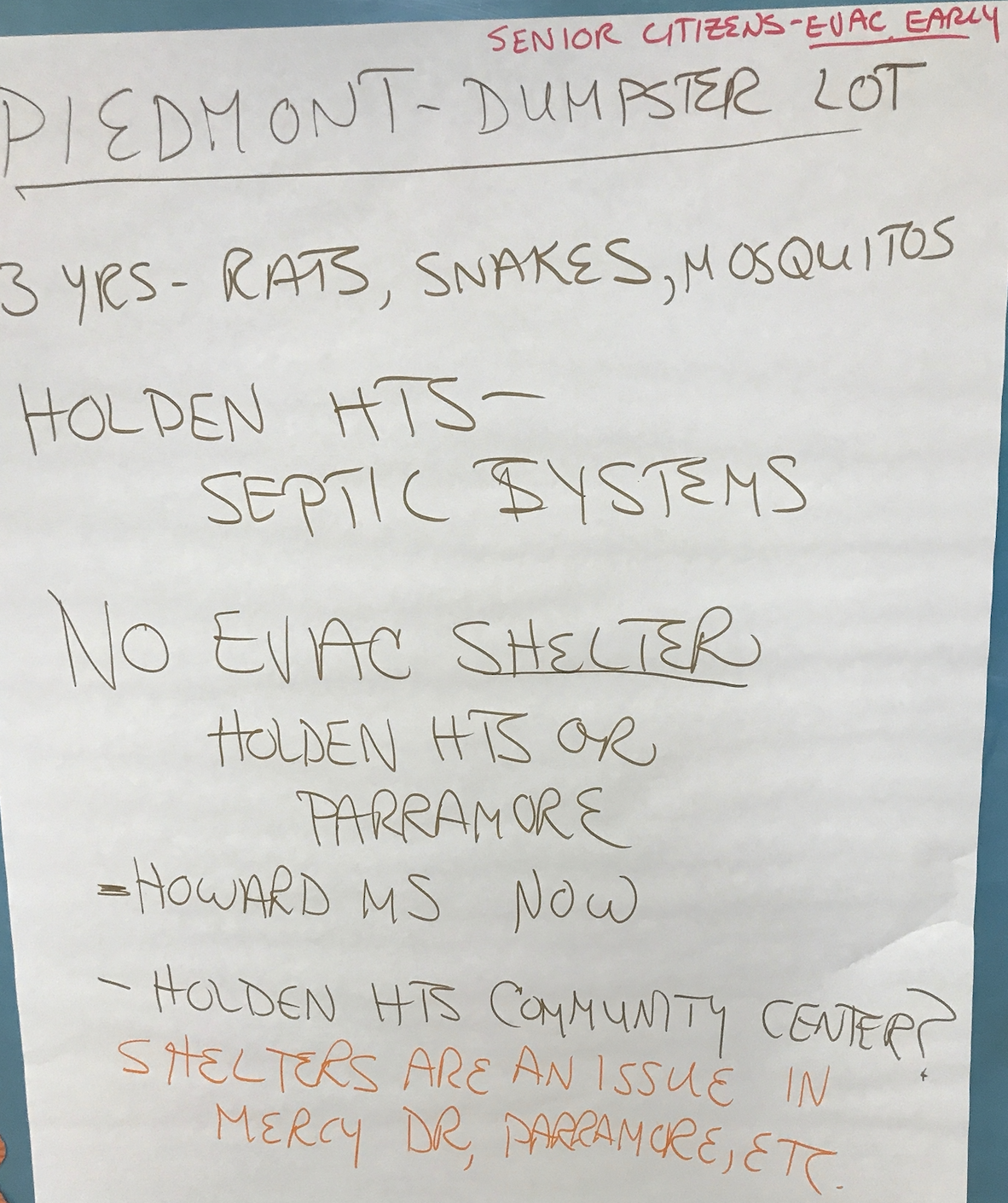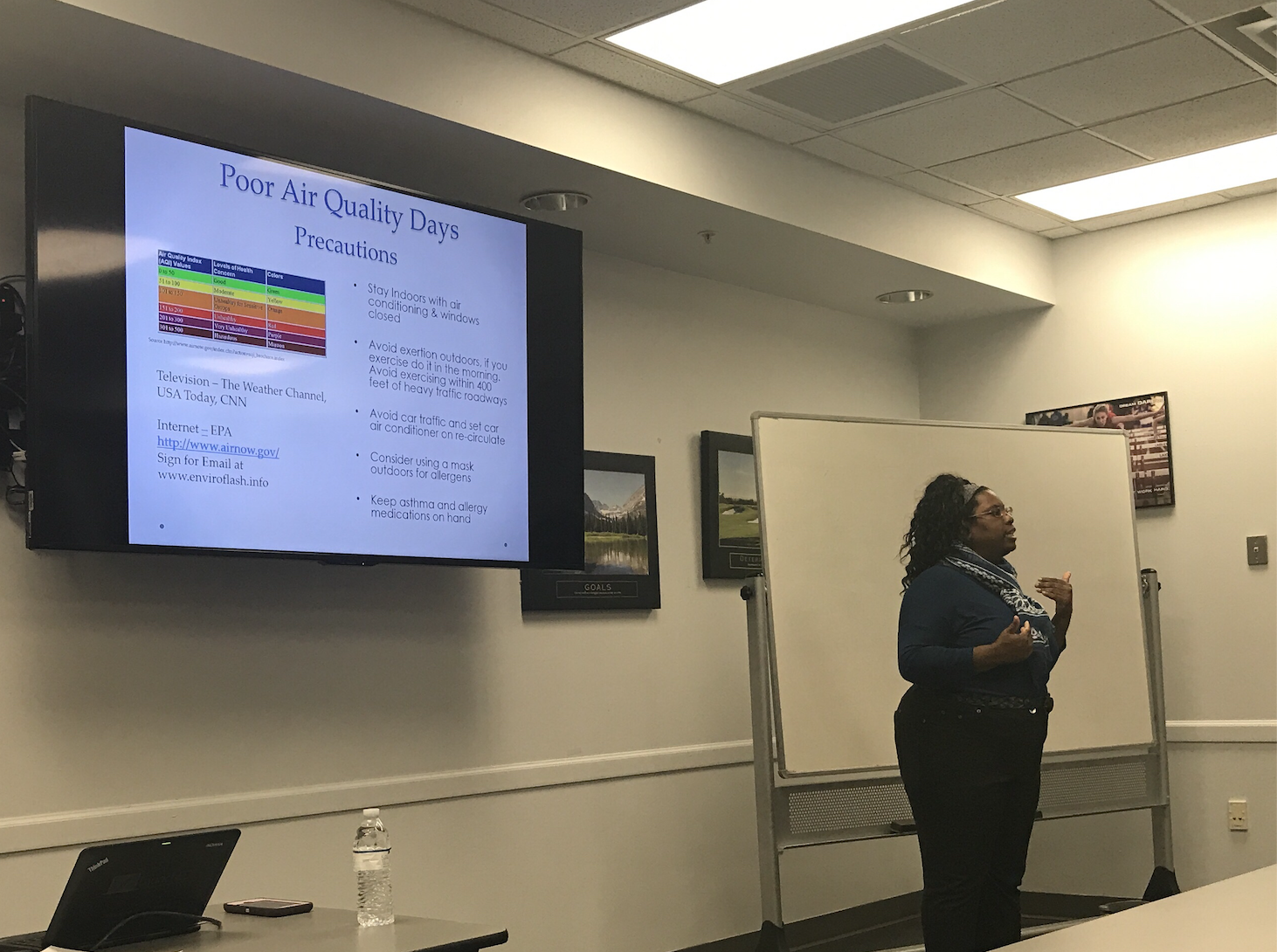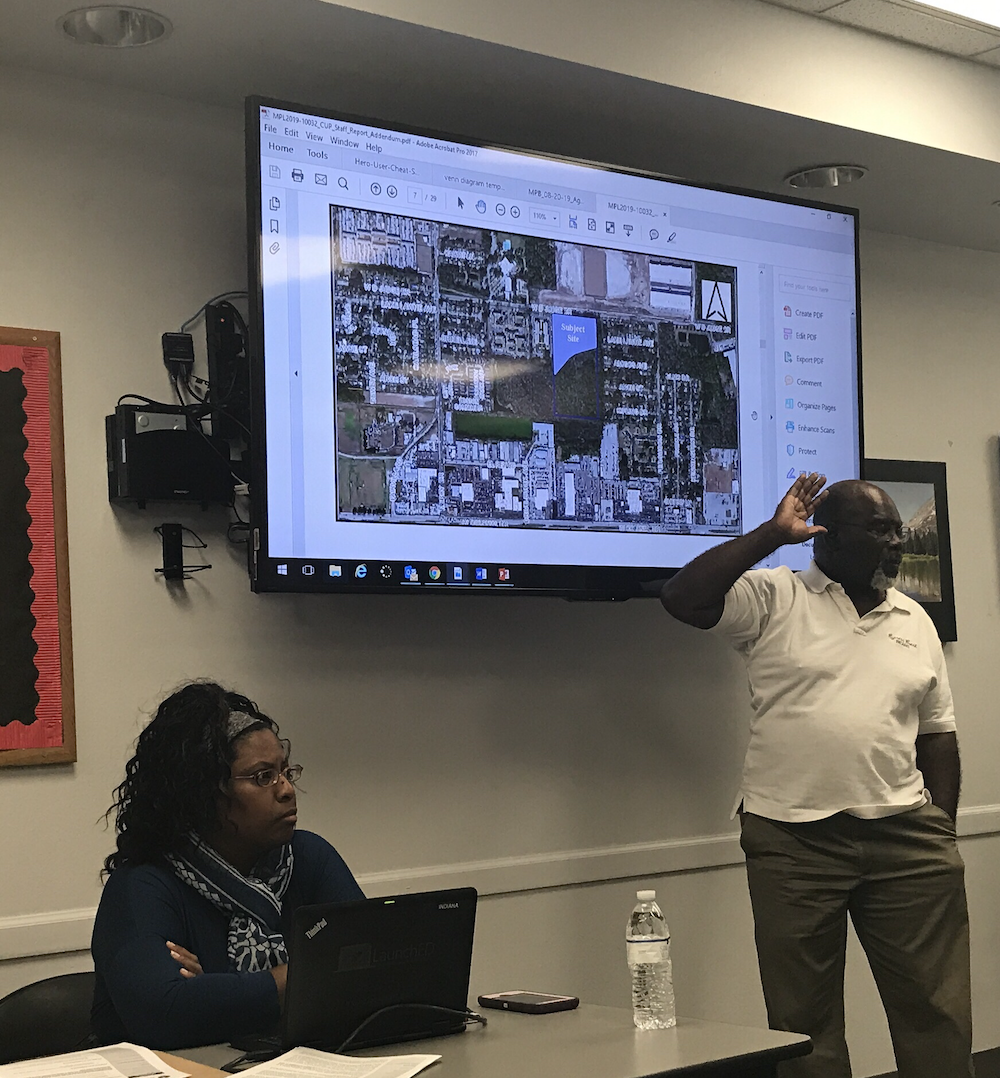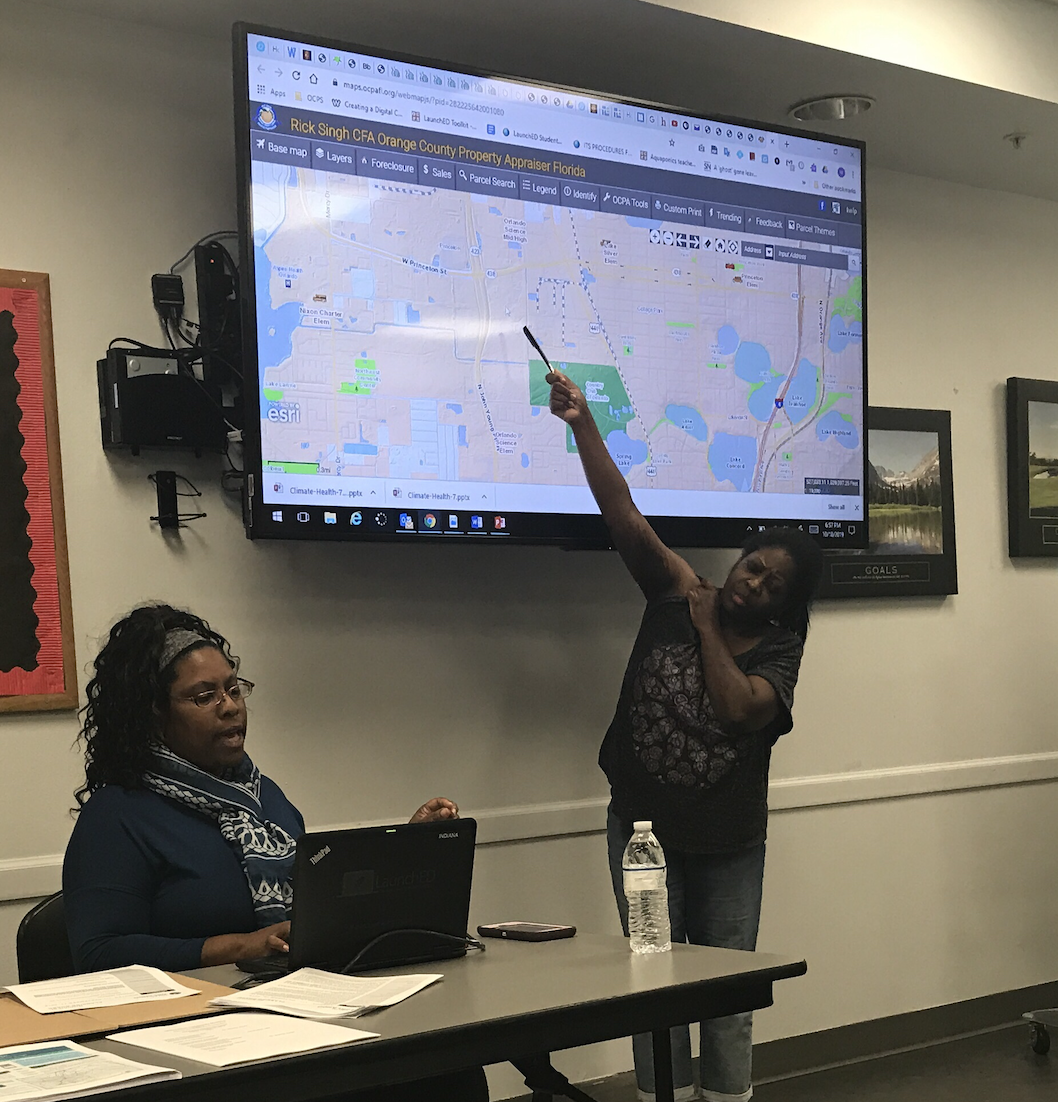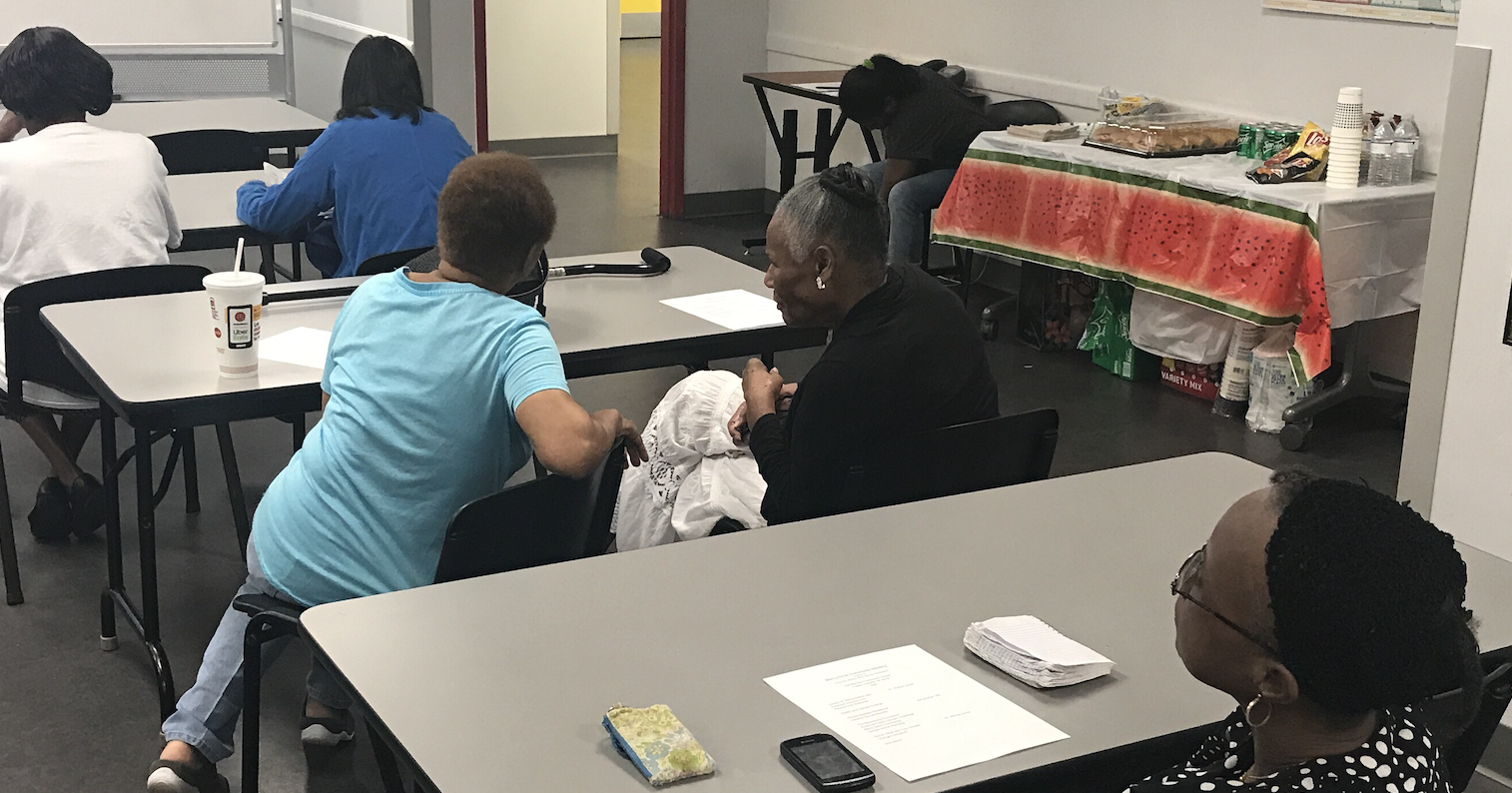Resource Map
Disaster Resilience Initiative Hurricane Response resources will be updated on this map as information comes in.
Information on when the Resilience Hubs and Shelters are open will appear on the map with hours and contact information.
Resilience Hubs are community-established places where supplies are distributed.
Facebook Feeds
English Publications
Spanish Publications
Creole Publications
Kesyon sekou dezas FEMA ki mande souvan
Frequently asked FEMA disaster relief questions
COVID-19 Resources
FAQs
Can I get COVID-19 through contaminated food?
How dangerous is COVID-19 in terms of morbidity (getting the disease)?
How dangerous is COVID-19 in terms of mortality?
Where would COVID-19 infection happen?
Can I prevent COVID-19 infection?
How else can I reduce my risk of COVID-19-infection?
What can I do to reduce contact with COVID-19 in my community?
What would you do if someone close to you was infected with COVID-19?
What can I do to reduce the risk of COVID-19 infection in my home?
How would I know if I was infected with COVID-19?
What can I expect and what should I do if I’m infected with COVID-19?
Climate Action Planning
Mercy Drive Engages in Climate Action Planning
Work Group Kick-Off Meeting: Residents of Downtown Orlando, Mercy Drive, Parramore and Holden Heights met on January 30th to continue the Climate Action Planning Process. Three Work Groups (Air Quality, Transportation, and Resilience Mobile) identified their overarching goal to include in the plan, shorter term goals, and next steps. Wanda Howell, Environmental Health Operations Manager at the Florida Department of Health in Orange County conducted a Q & A session on residents’ Air Quality concerns.
Air Quality
To provide a healthy and safe community with low greenhouse gas emissions that is free of air pollution.
Holden Heights: Traffic measures; more trees; complete phases at one time rather than start, stop, start, stop; proper drainage; road sweeping; I-4 construction mitigation
Parramore: more plants, proper drainage to get rid of standing water, I-4 construction mitigation, truck traffic
Mercy Drive: protect forest
Resilience Mobile
Resilience Mobile
A mobile unit to be used outside of hurricane season for education about energy efficiency, and during hurricane season as a mobile pop-up Resilience Hub that could go to locations where it is most needed. The unit would be available for community events, and could serve in disasters:
Mobile health care (vitals and others) capabilities
Hunger relief
Education & relief
Transportation
A transportation system that includes reduction of emissions from traffic in ways that support a better quality of life by: reducing vehicular traffic, reducing emissions from traffic, meets the needs of the most vulnerable, and addresses community concerns related to hurricanes.
CFL DRI Survey Results 2019
Population
Households
Median Income in Dollars
- Type of Damage Electrical Power 38.7%
- Window Damage 29.0%
- Water Damage 29.0%
- Roof Damage 25.8%
- Tree Damage 13%
- Source of Repair Funds Home Insurance 57.1%
- Other Source 42.9%
- Source of Information Television or Radio 40.3%
- Family/Friends 26.3%
- Social Media 12%
- Social Services 11%
Respondents ranked 26 different functions that are critical for a society to function. The rankings were from 1, which was “Most Vulnerable.” to 7, which was “Resilient and Sustainable.”
The 5 societal functions to the right had the lowest rankings, which appear in parentheses next to the function description.
- Top 5 Priority Gaps Identified Renewable vs Grid Energy (1.44)
- Shelter and Evacuation Systems (1.81)
- Climate Threat Mitigation and Transformation (1.89)
- Environmental Health Safety (1.91)
- Energy: Temperature Management (2.08)
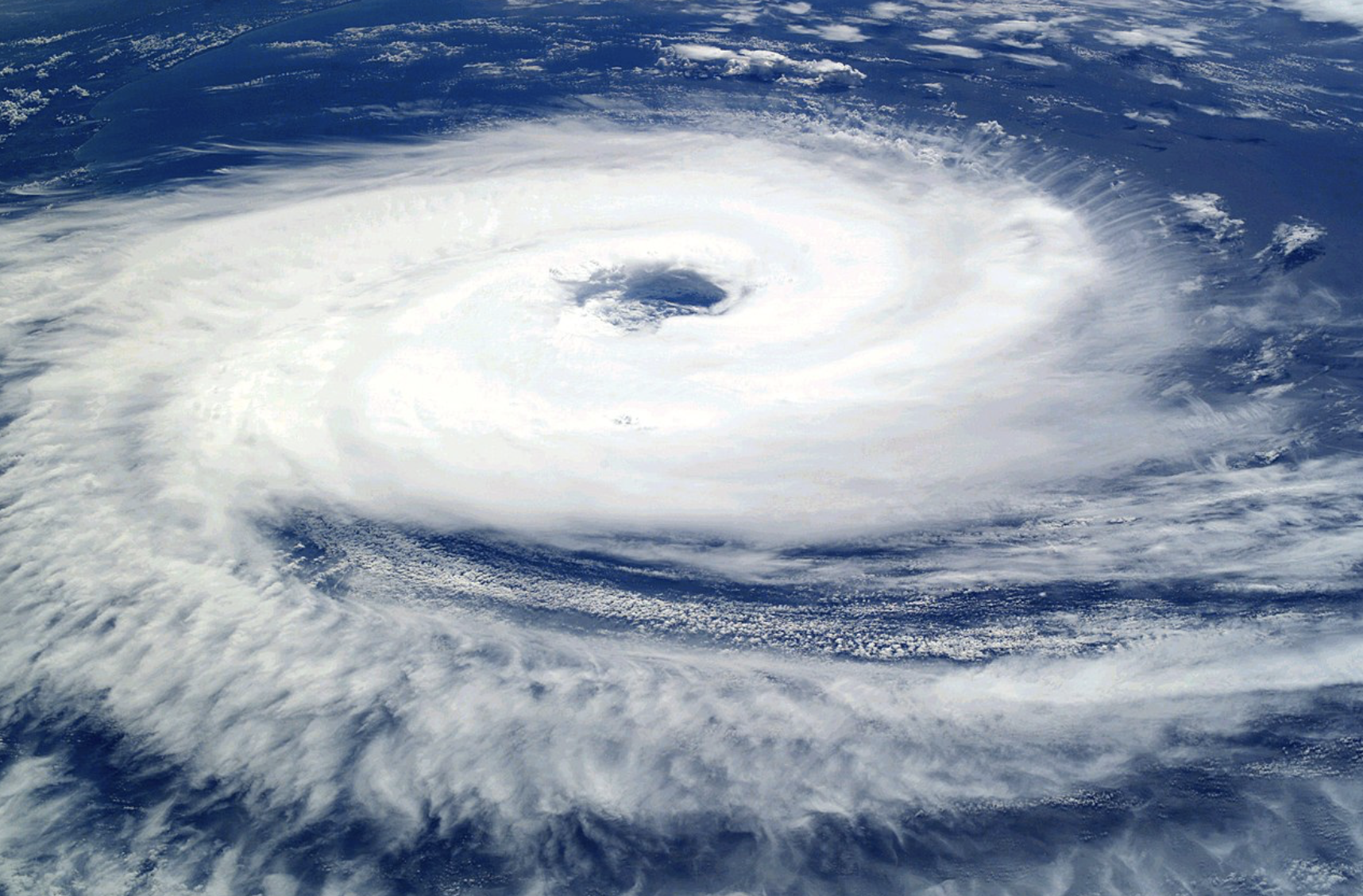
Tropical Systems
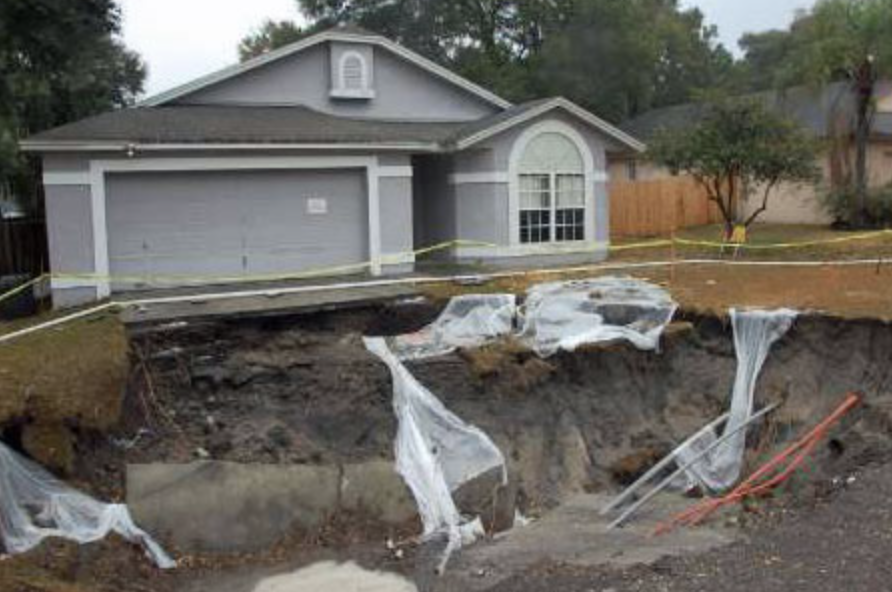
Sink Holes/Land Subsidence
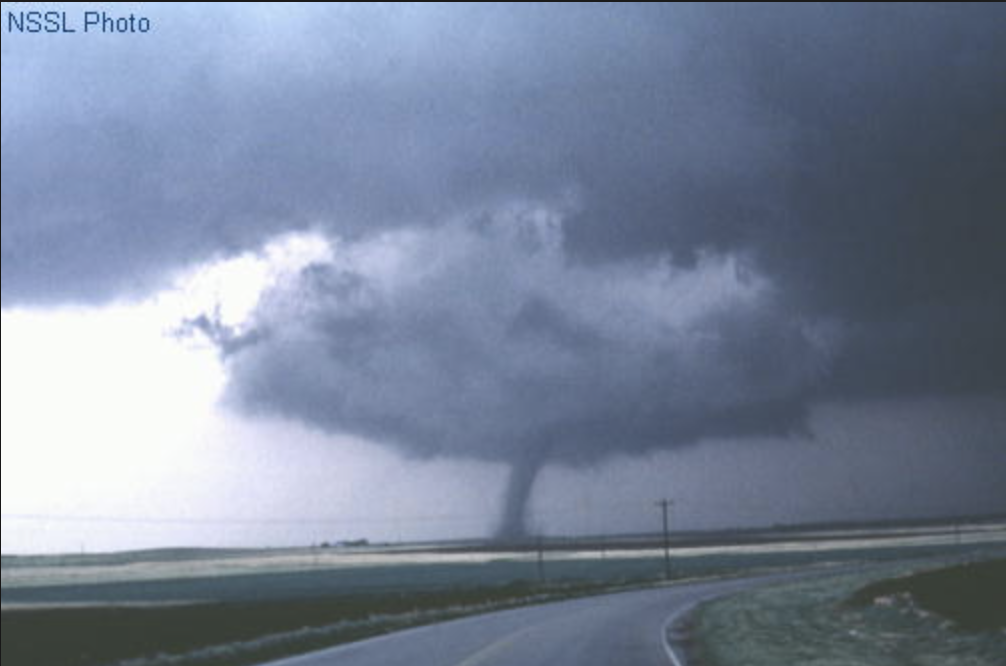
Tornadoes
Percentile in the US. Diesel Particulate Matter National-Scale Air Toxics Assessment (10/2019)
Active Petroleum Clean-up Sites (5/2019)
Pending Petroleum Cleanup Sites (5/2019)
What Mercy Drive, Orlando Residents Are Saying
“God was good.”
“Needed help…”
“They need to fix the apartment.”
“Paid out of pocket…”
“Applied for FEMA and homeowner insurance. Paid out of pocket.”
“Shelves were bare in the store, but I prepared in advance.”
“A day later Walmart kept running out.”
“The scammers came. He was working with a licensed company. They came and did fast repairs and left the community and closed their business so no one could follow up.”
“The insurance money came quickly and it took 6 to 7 months to do the repair.”
“Power was out for 6 days and the City gave away a bag of ice.”
“Two and a half days no power…
“Without power 5 days…”
Frequently Asked Questions
What were the top vulnerabilities identified in the Mission Critical Functions Surveys?
- Renewable Energy vs Grid Energy
- Climate Threat Mitigation and Transformation
- Shelter and Evacuation Systems
- Data and Information Management
- Psychosocial Resilience
What were the top concerns discussed at the Community Forum?
- Environmental Safety concerns about flooding due to current Wetlands Destruction in the community
- Lack of Solar Power to help with Power Outages after Storms
- Lack of Awareness about Preparedness
- Lack of awareness about Environment
- No evaluation centers in the community
What are the community's proposed solutions for priority concerns and the resources needed to address them?
1. Sponsor a Wetlands Restoration Project & Case Study
2. Energy Audits and get Solar Power
3. Make a Community Emergency Preparedness Plan
4. Summer Environmental Awareness Camp for local kids
5. Wetlands tours for residents
6. Educational information about the importance of wetlands
7. Environmental Education Workshop
Florida Disaster Resilience Initiative Report: Holden Heights, Orlando
Contact Janice T. Booher, MS at JJLBooher@comcast.net or Joanne Perodin, MPH at Joanne.Perodin@gmail.com with questions.




Surveys discussed on this page were conducted under the auspices of Health Initiatives Foundation, Inc.’s Florida Disaster Resilience Initiative with funding from The Miami Foundation.
Website designed by Heron Bridge Education, LLC. for Health Initiatives Foundation, Inc. (2019)
Copyright © 2019 AGRR Initiative, Health Initiatives Foundation, Inc., All Rights Reserved


